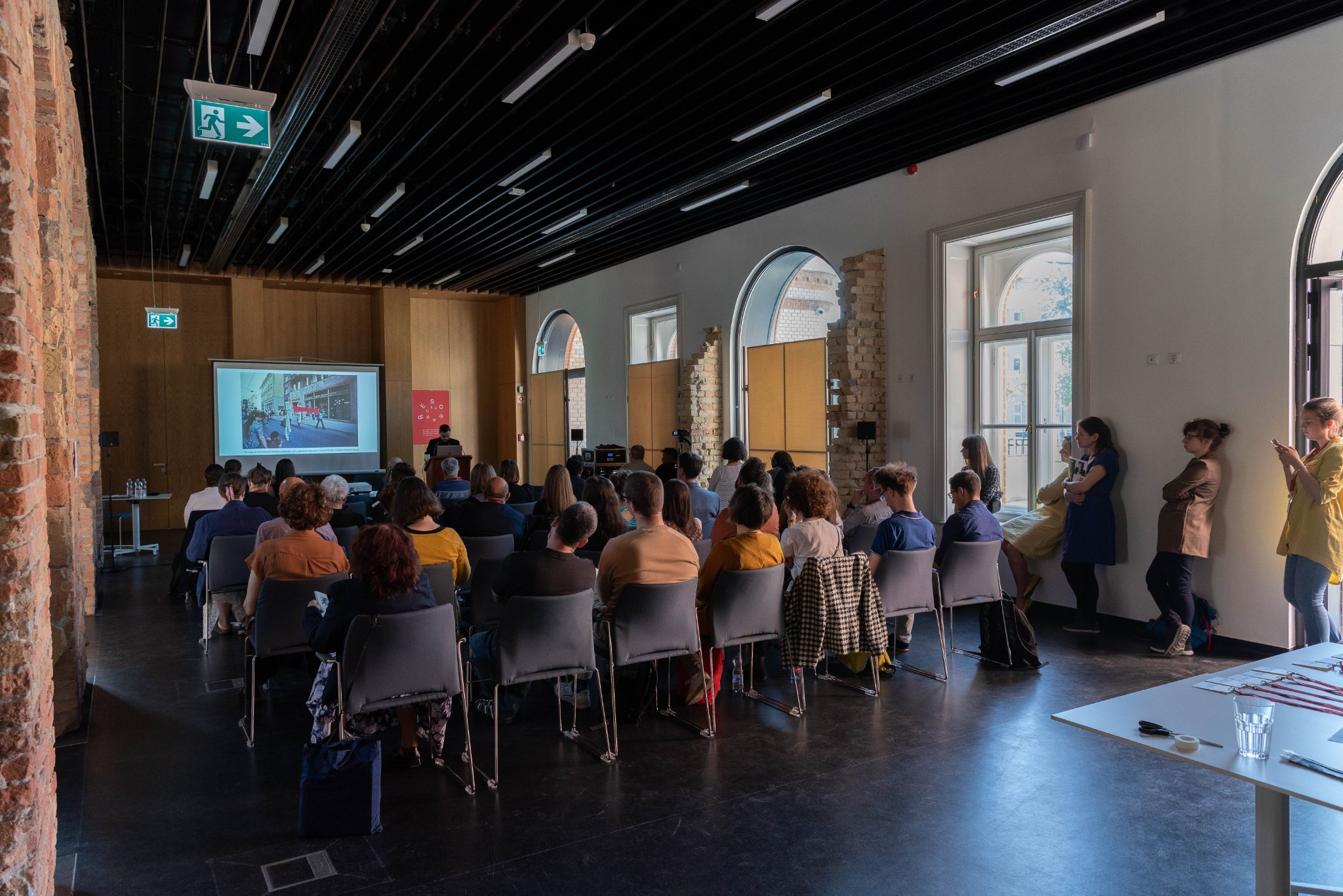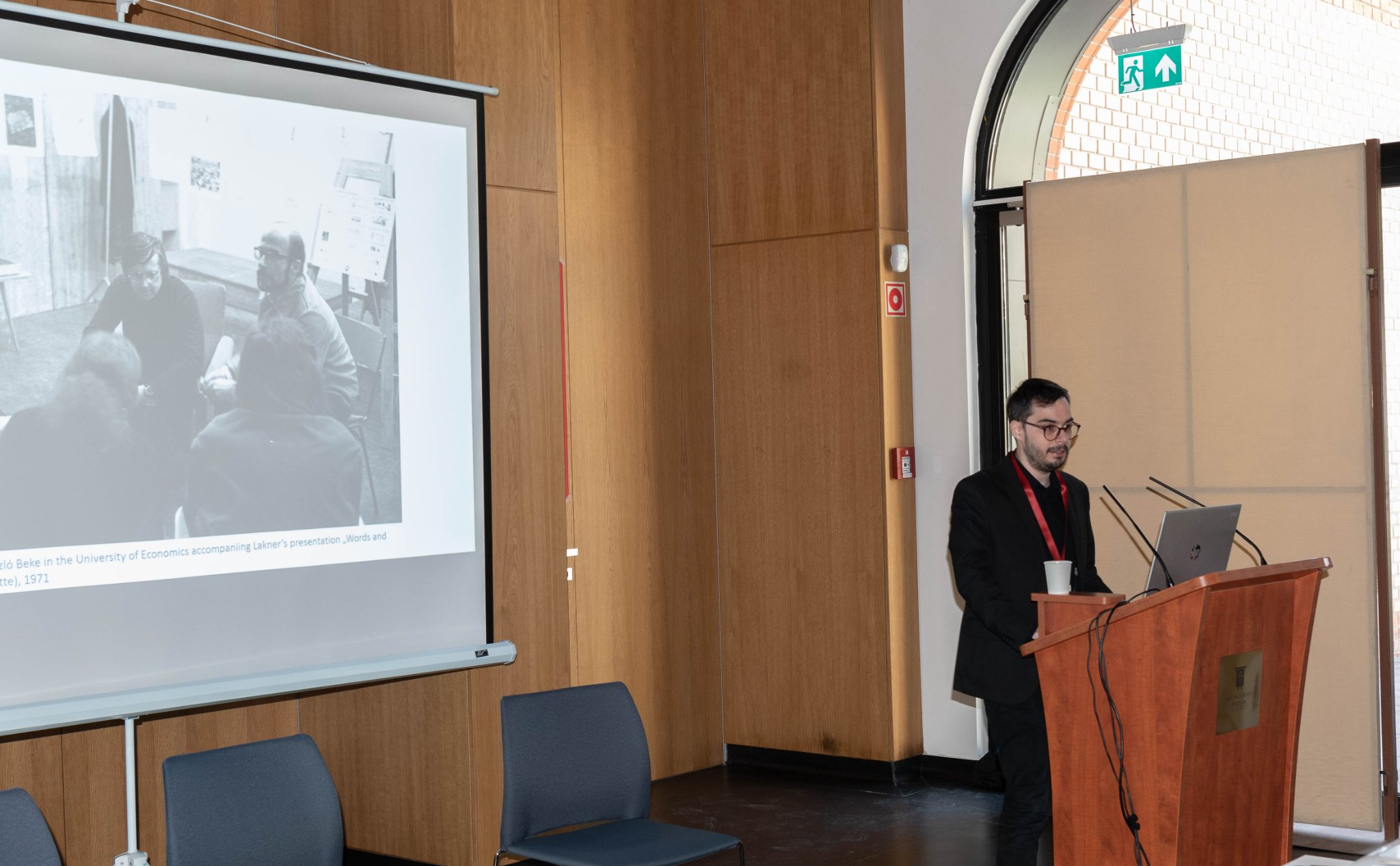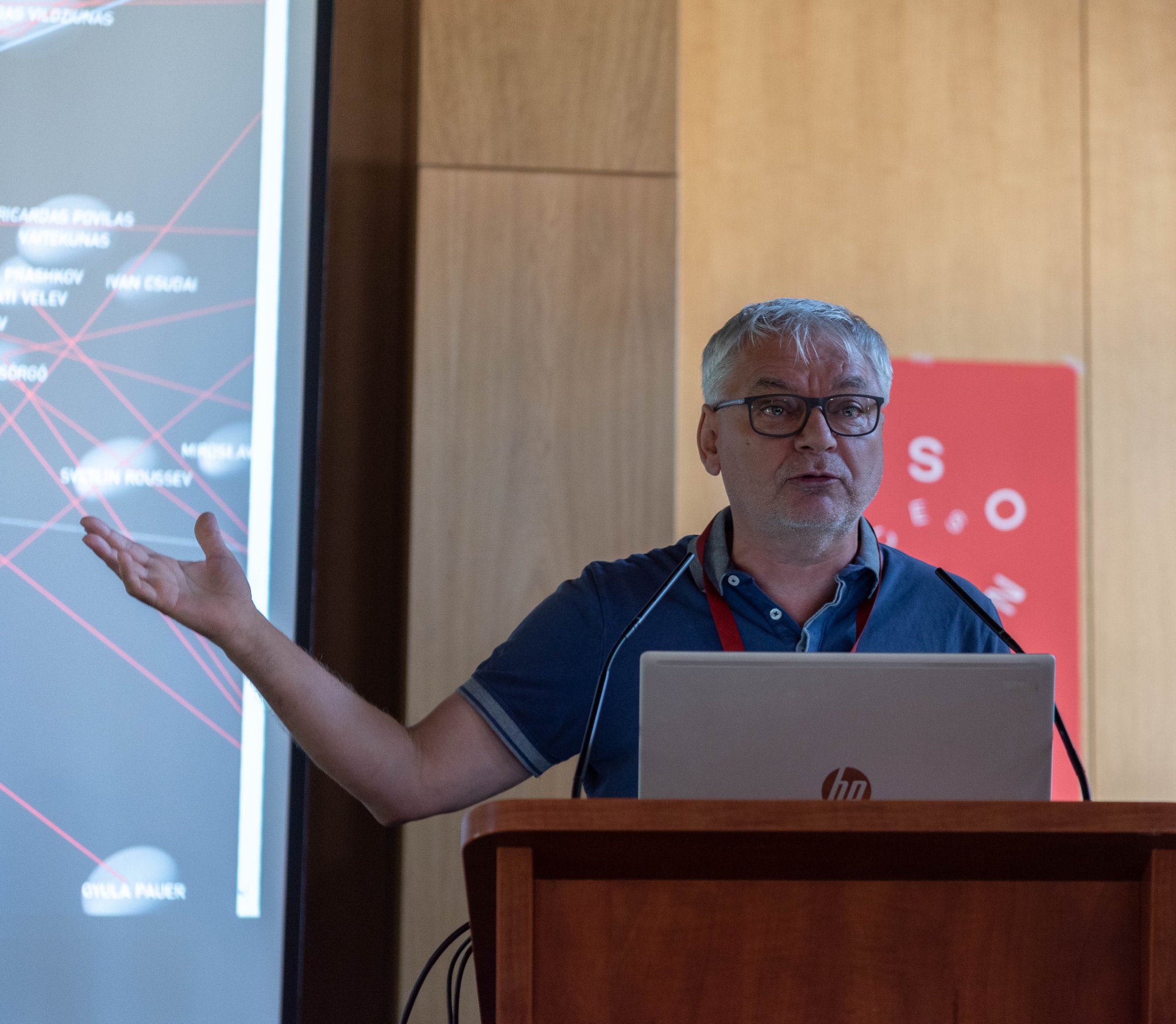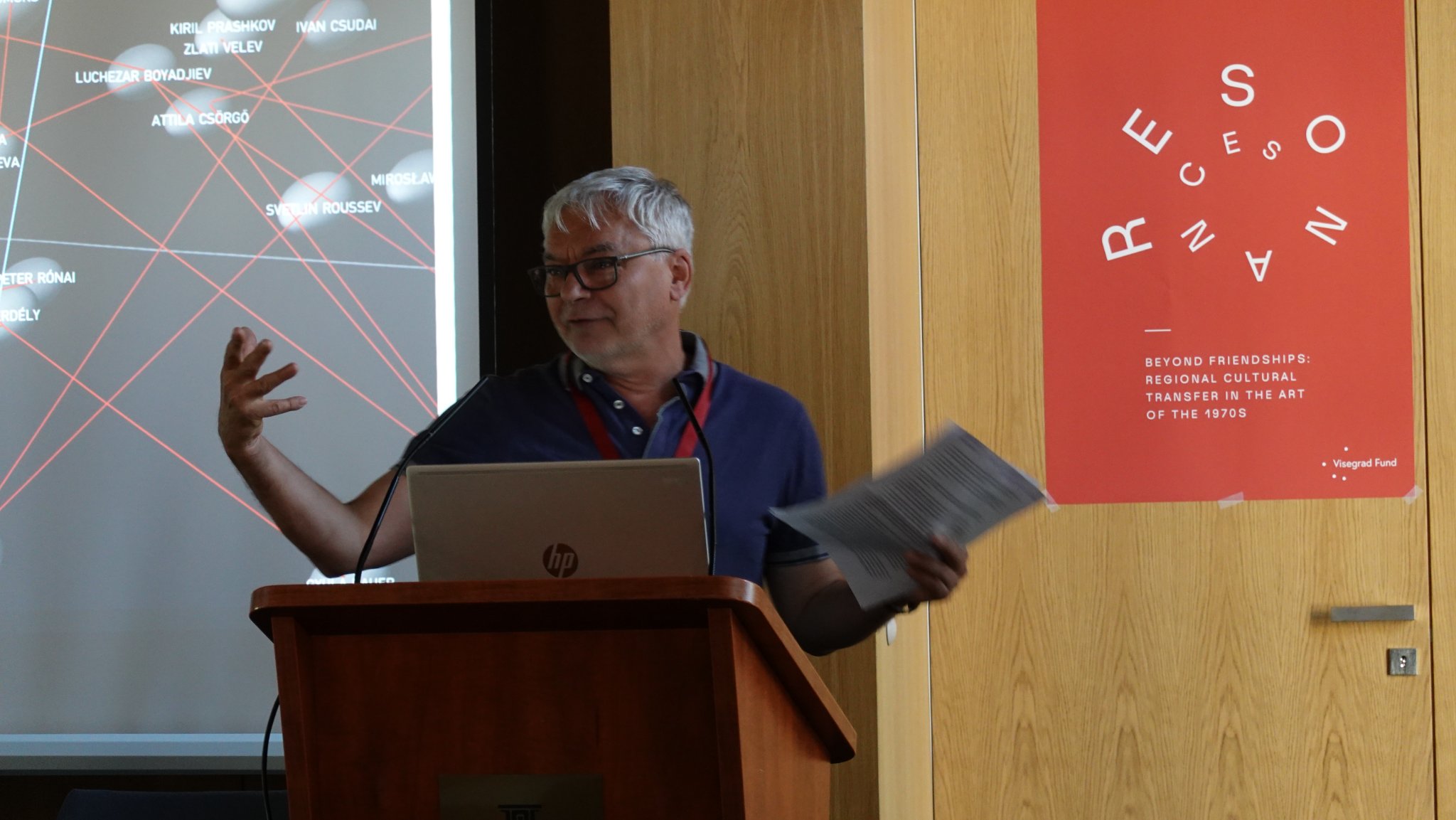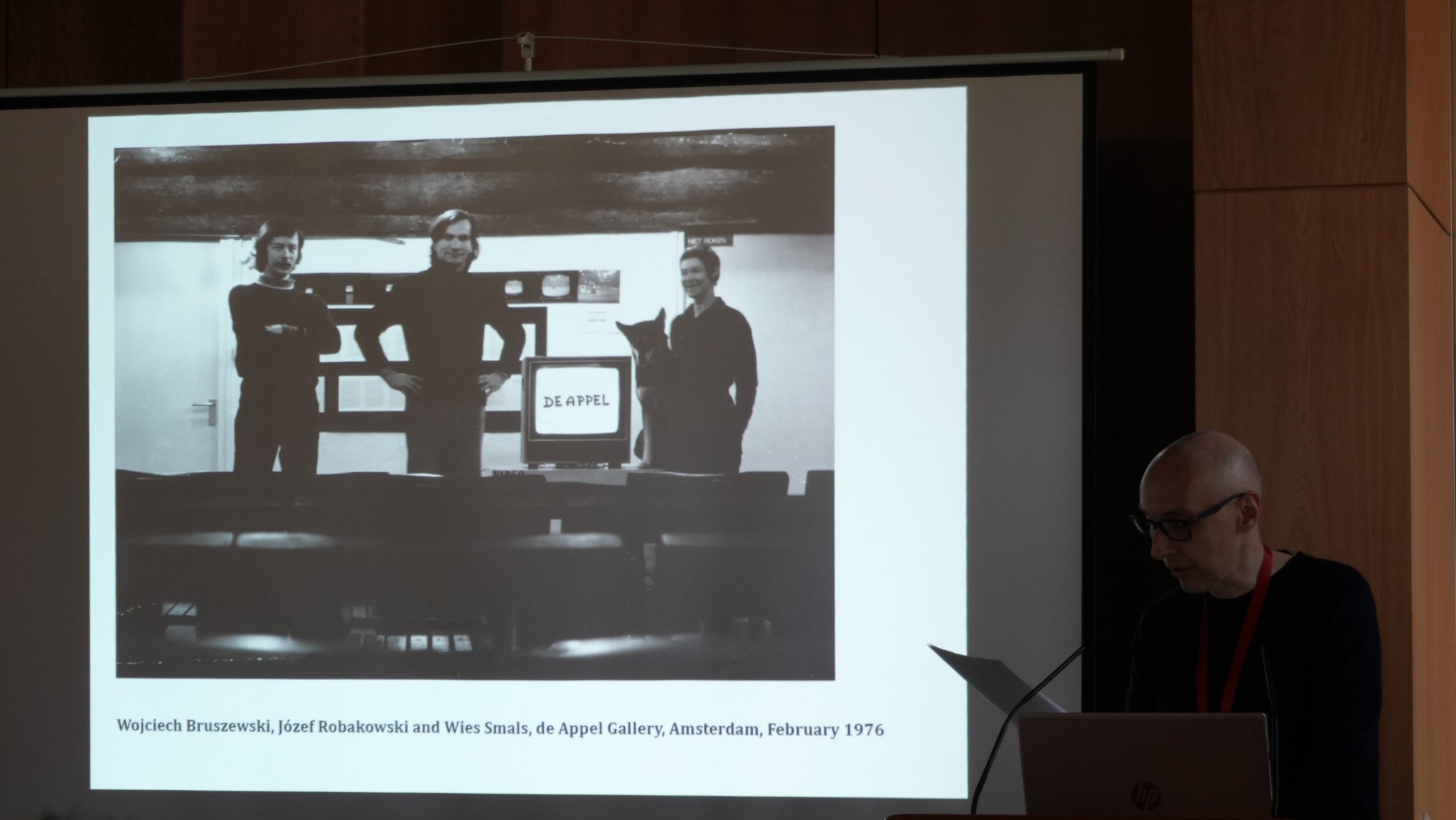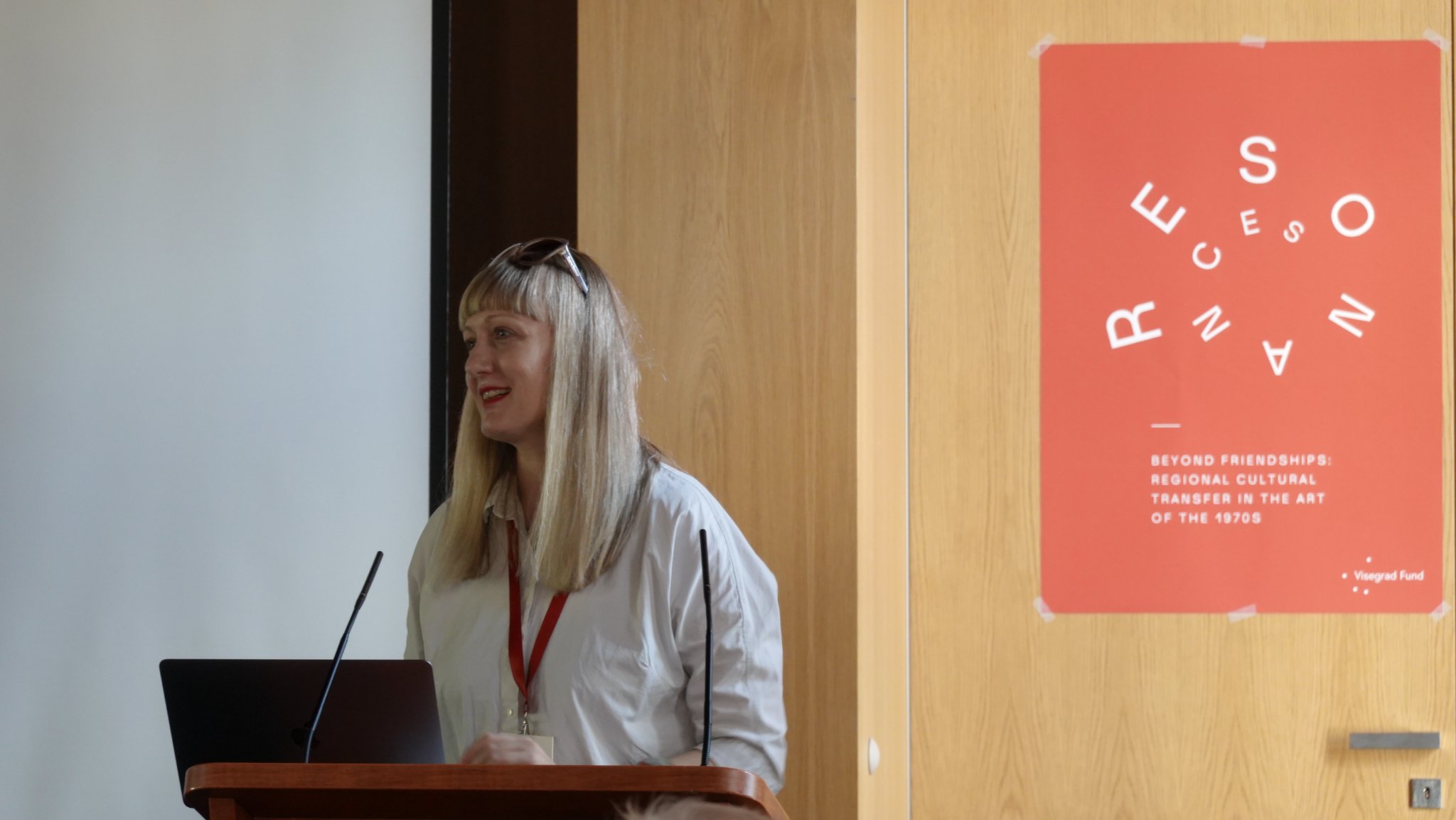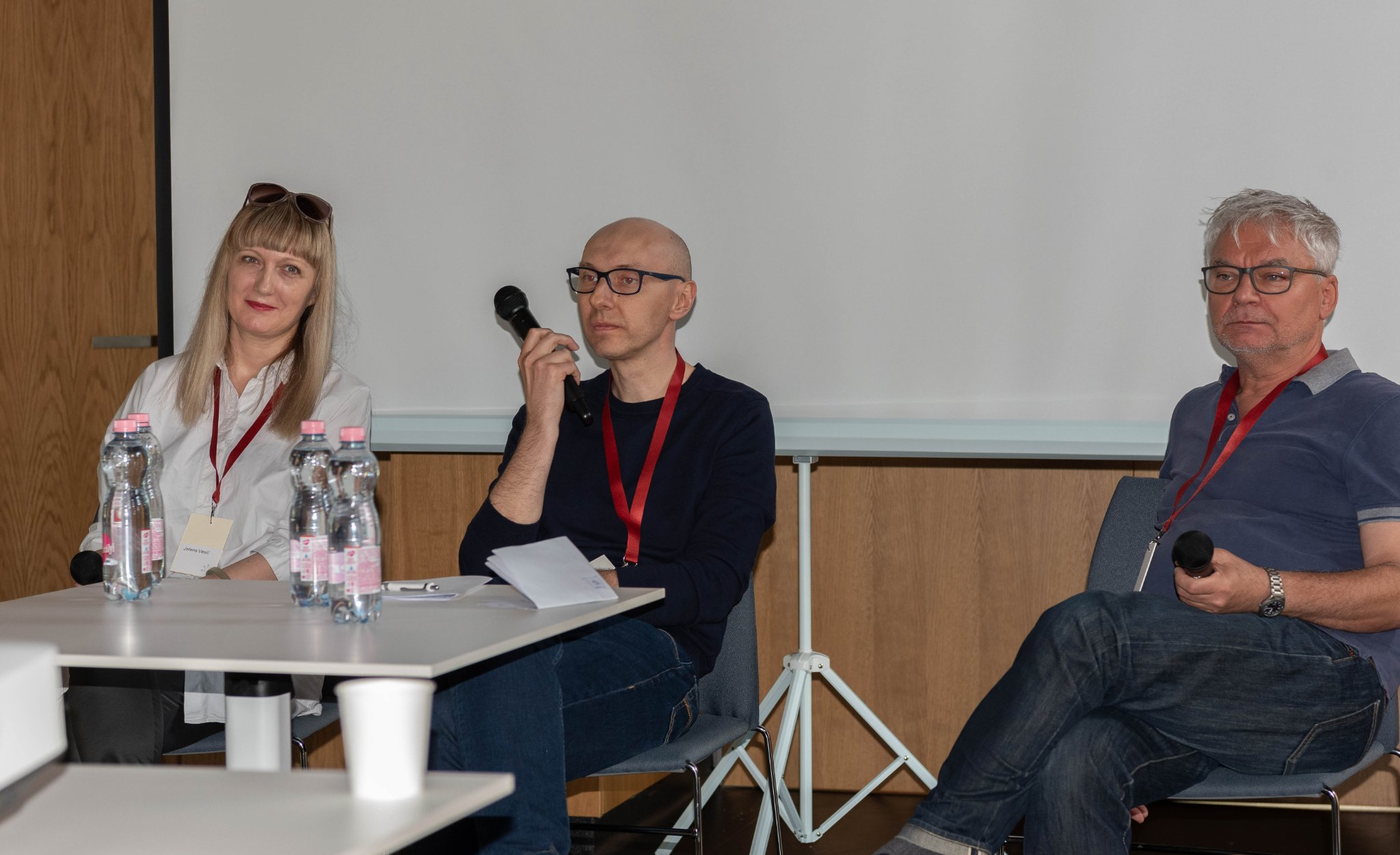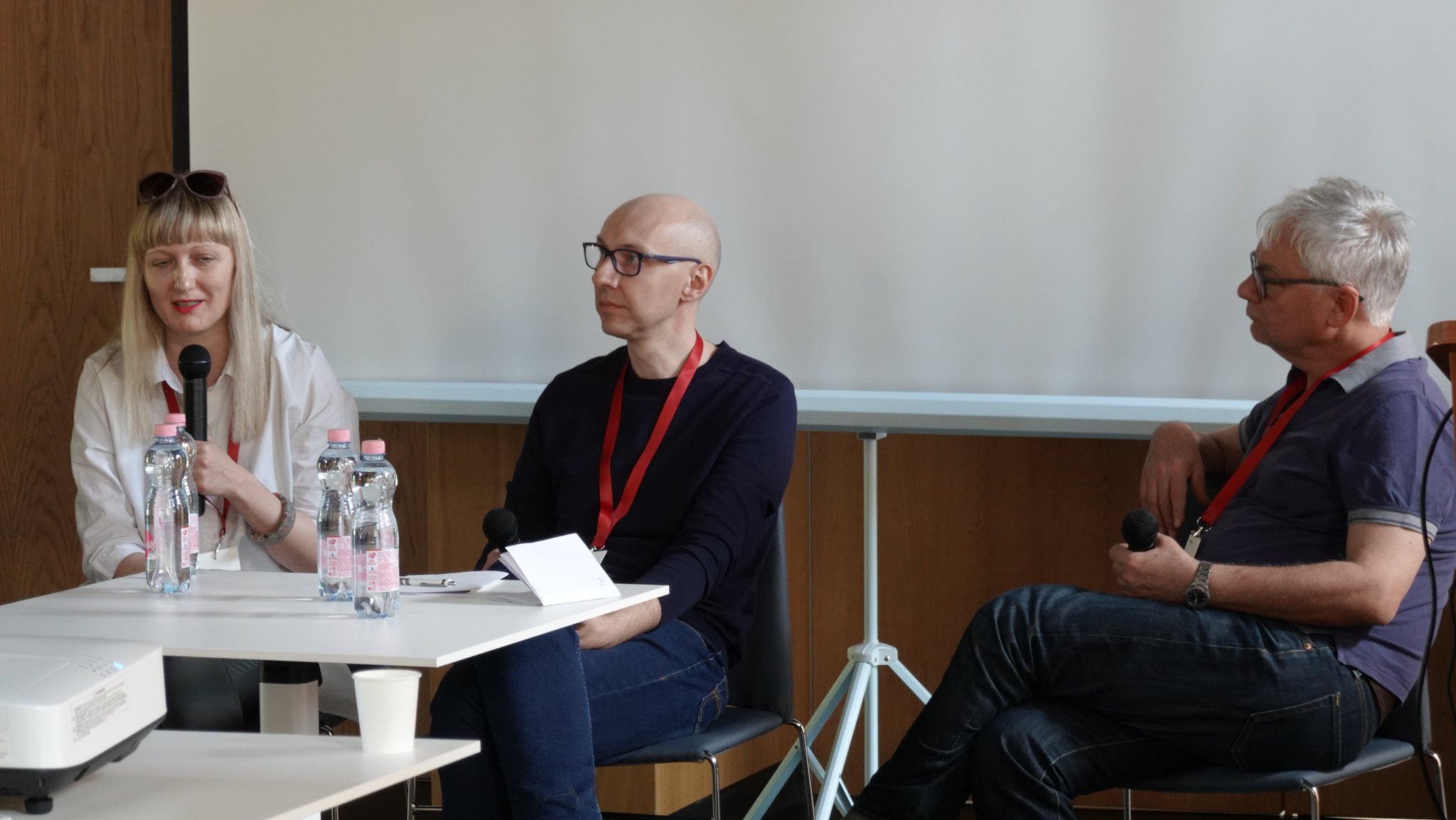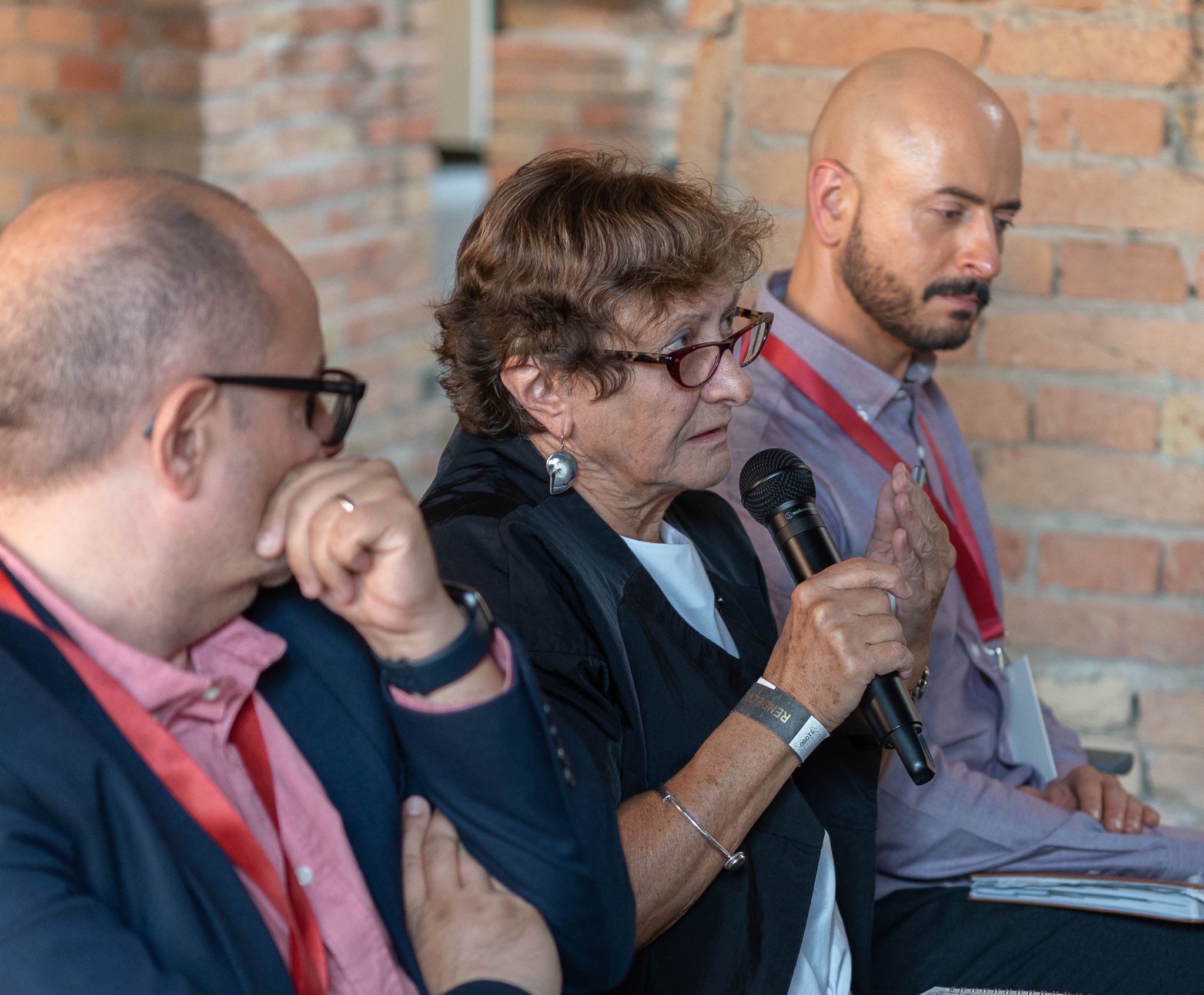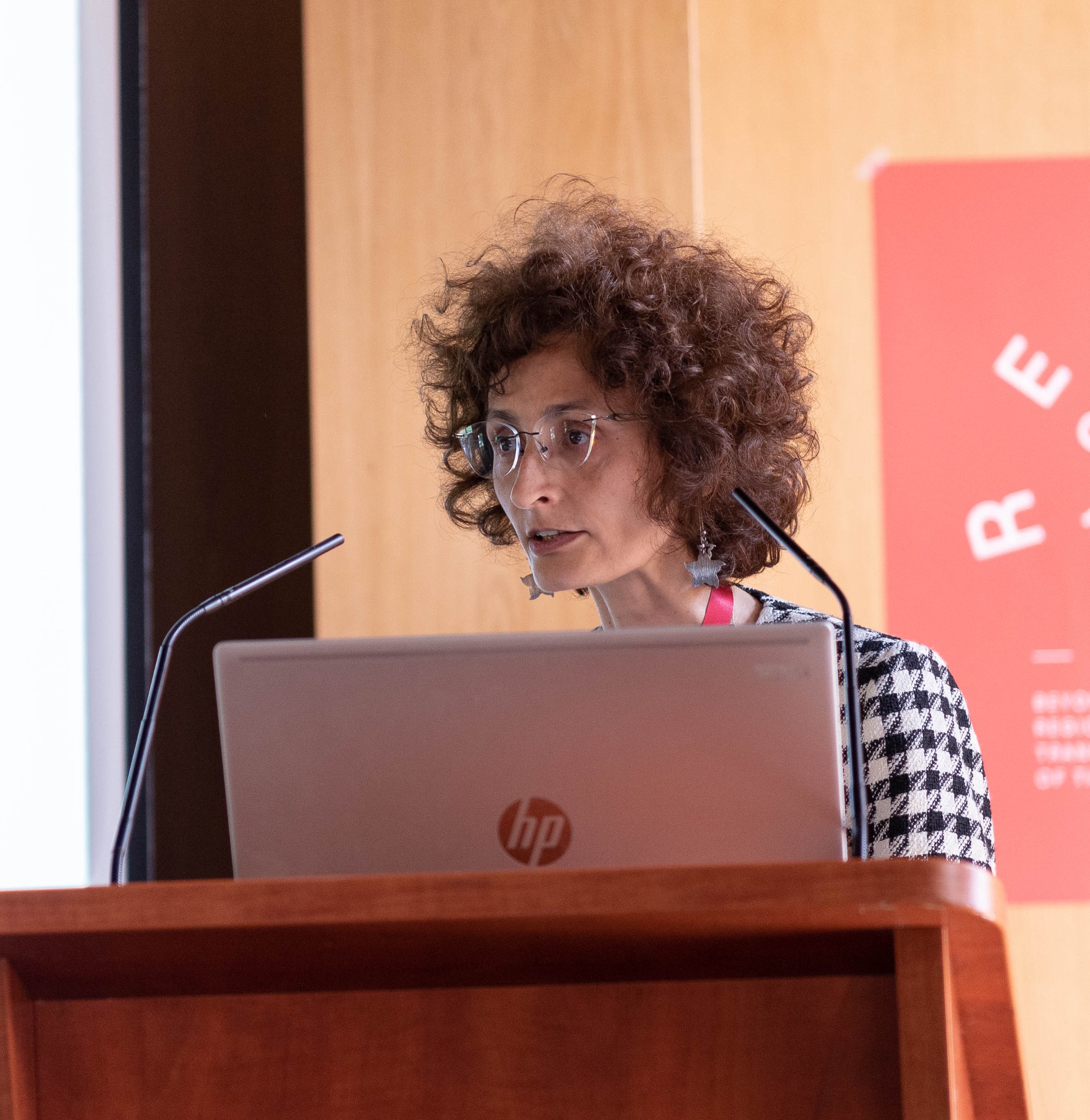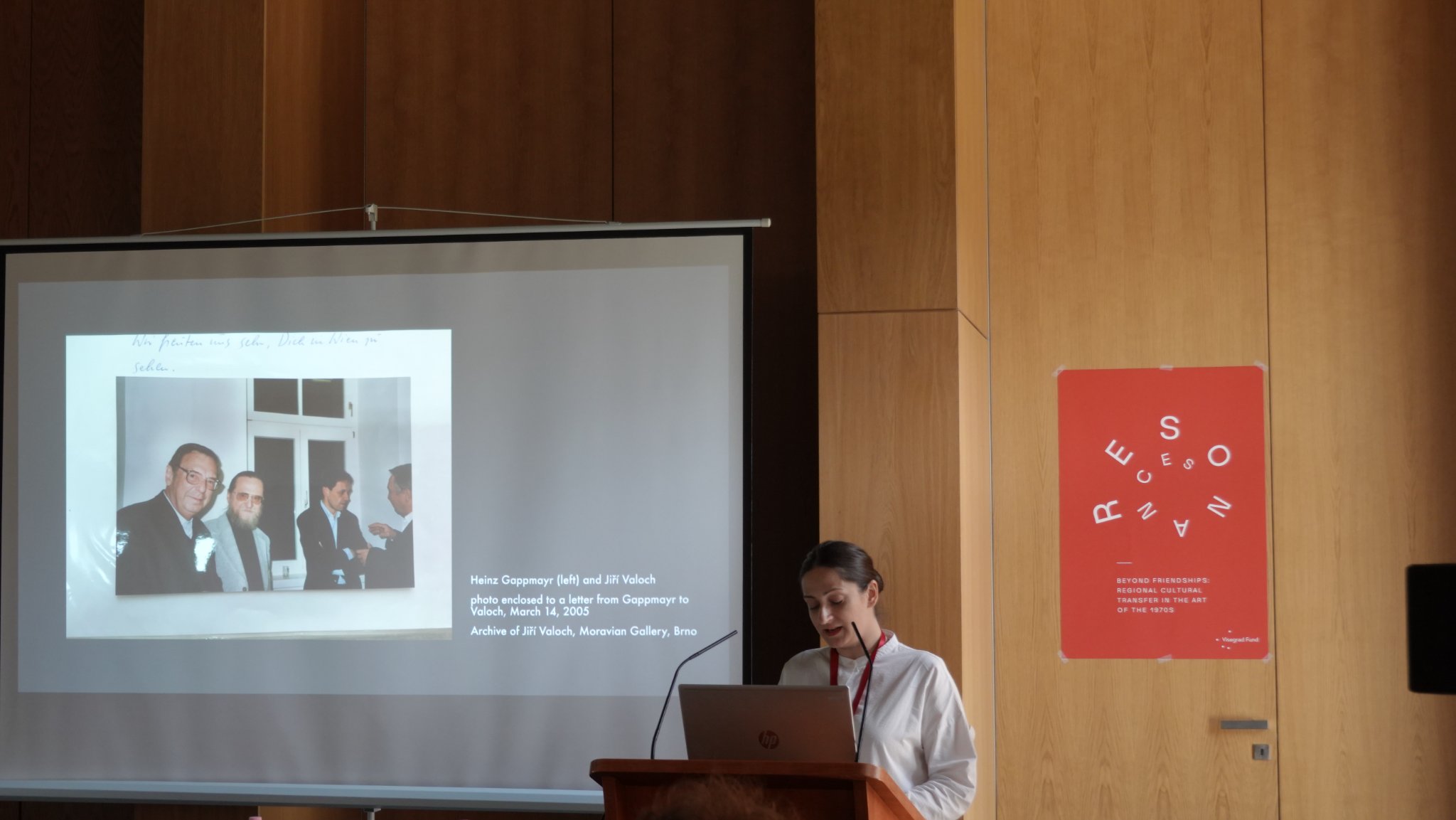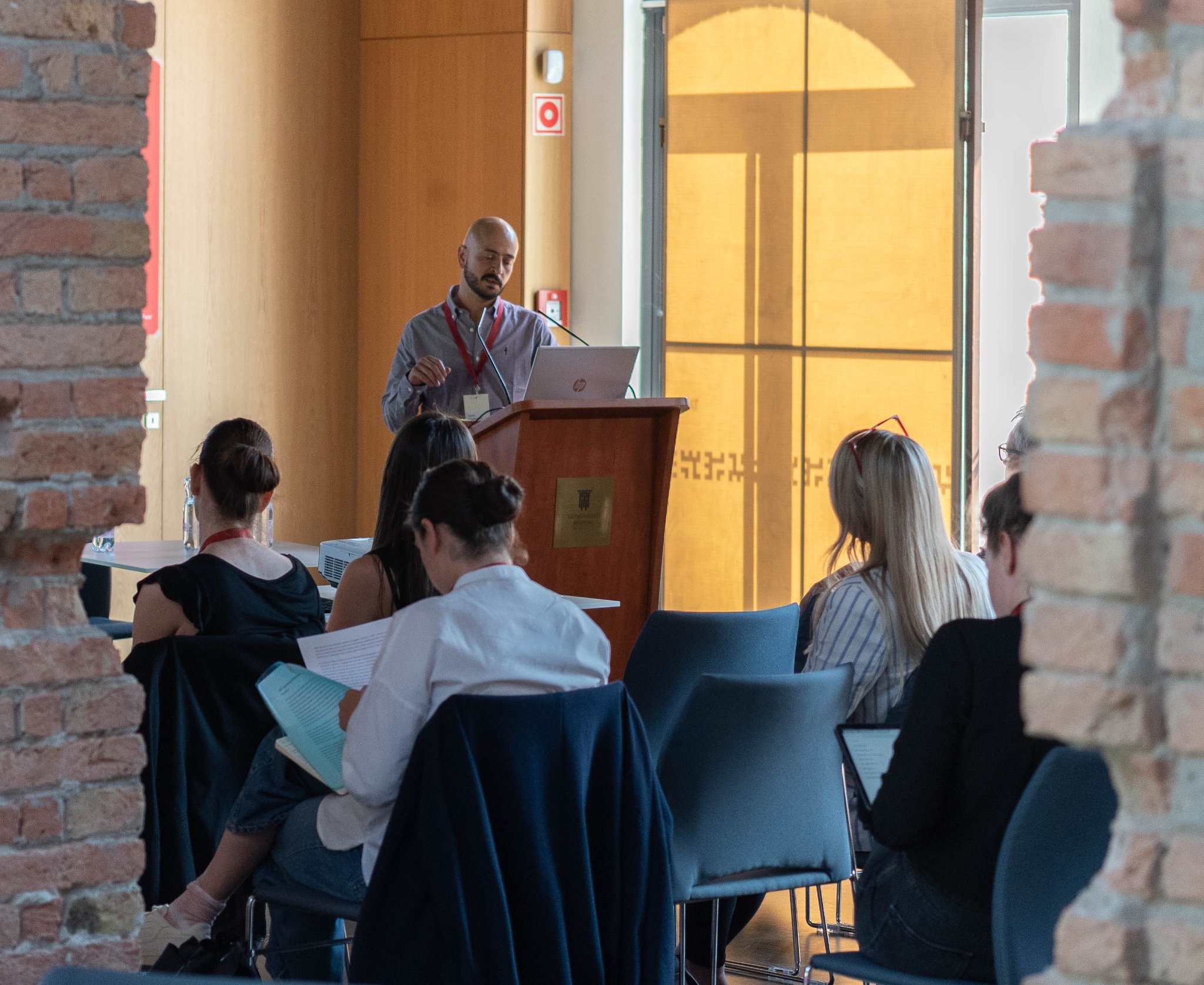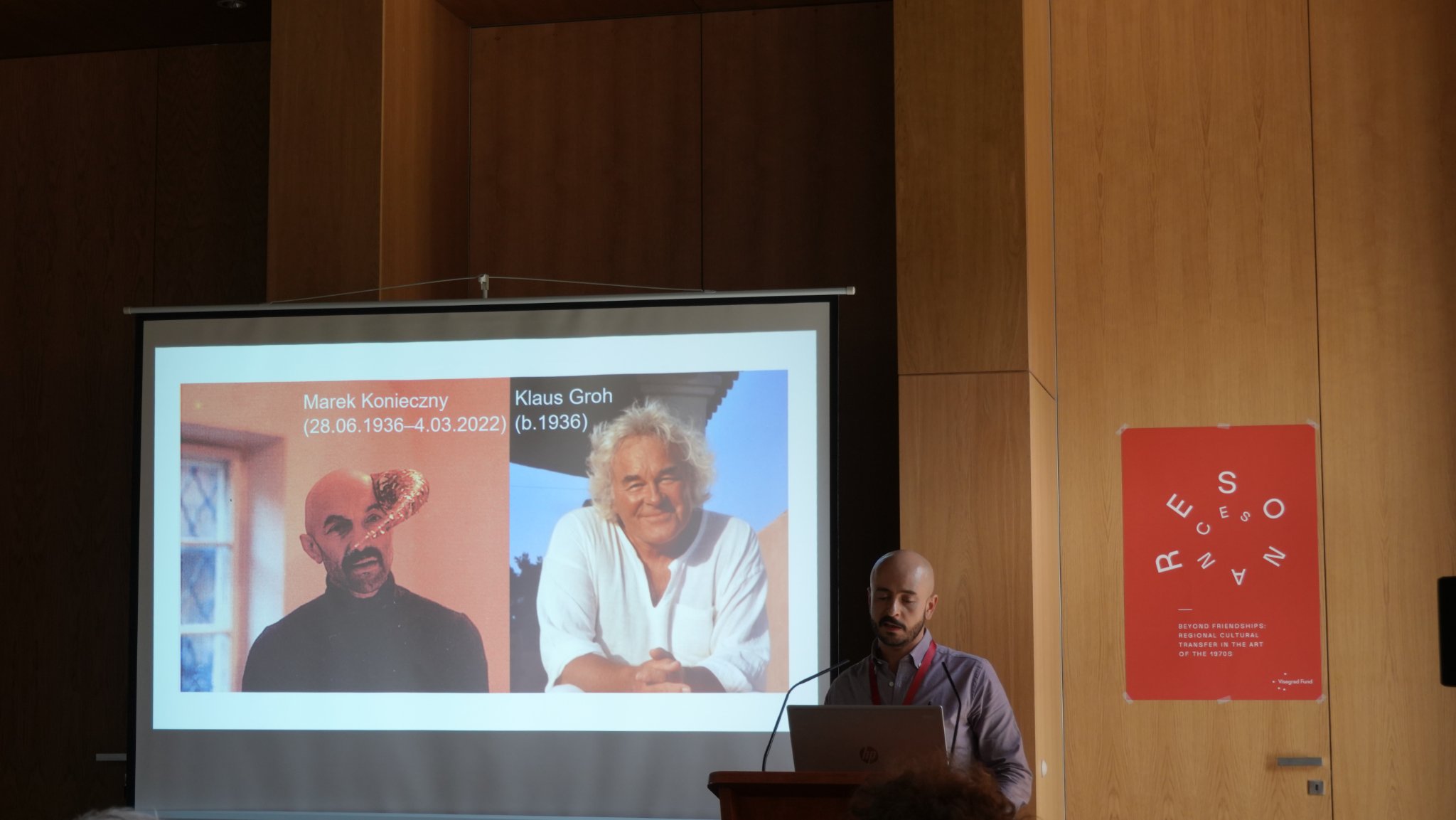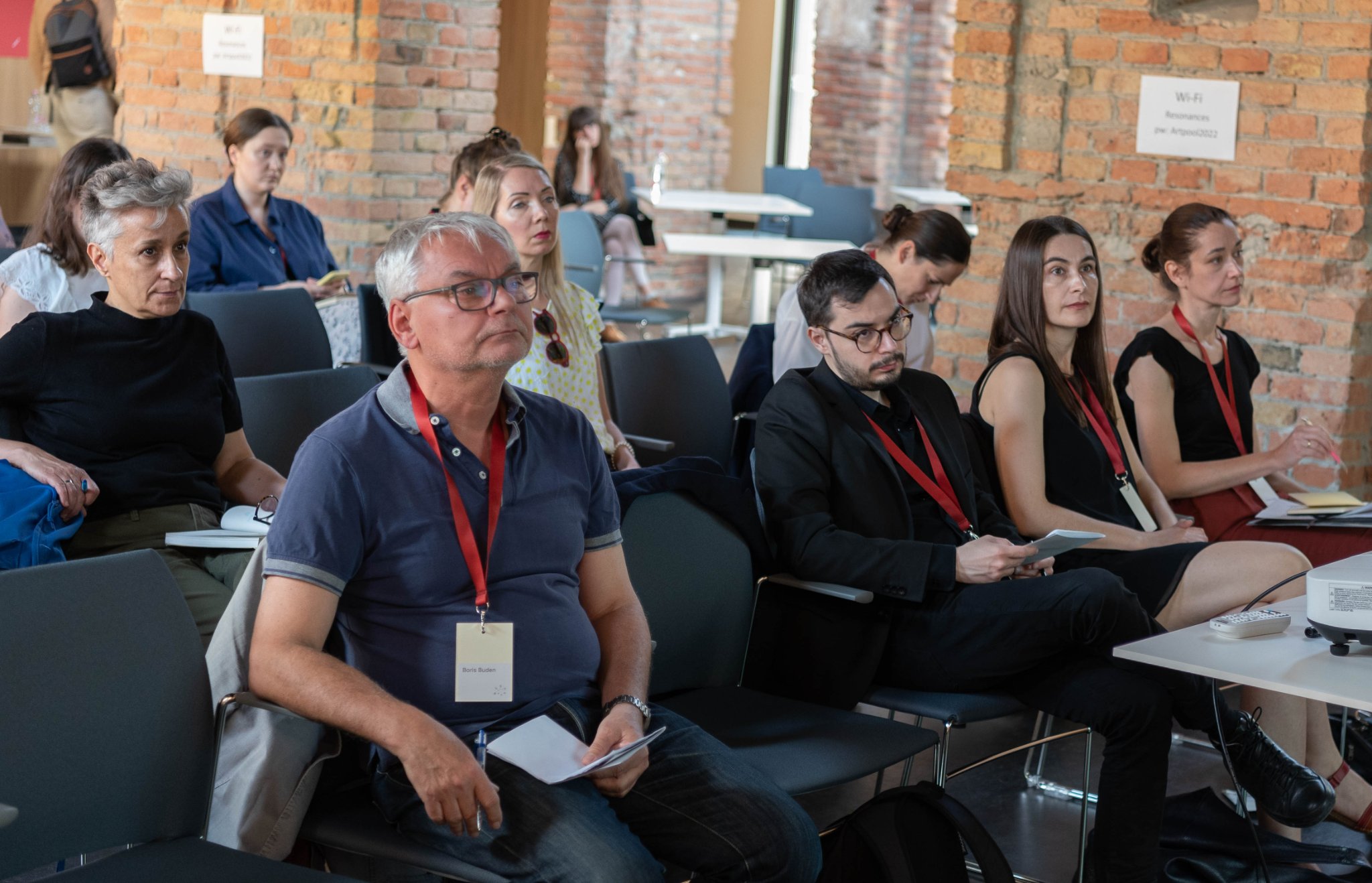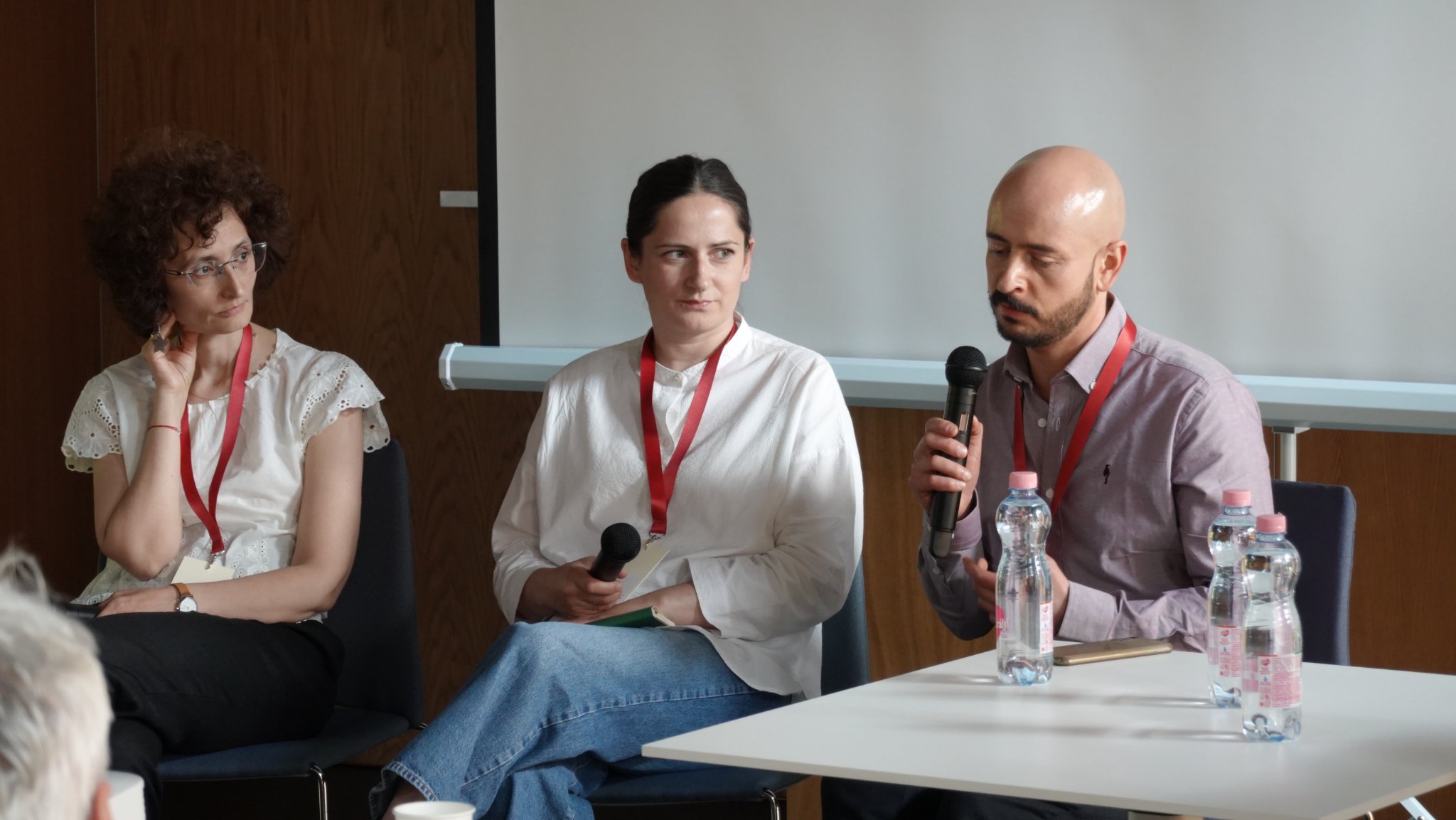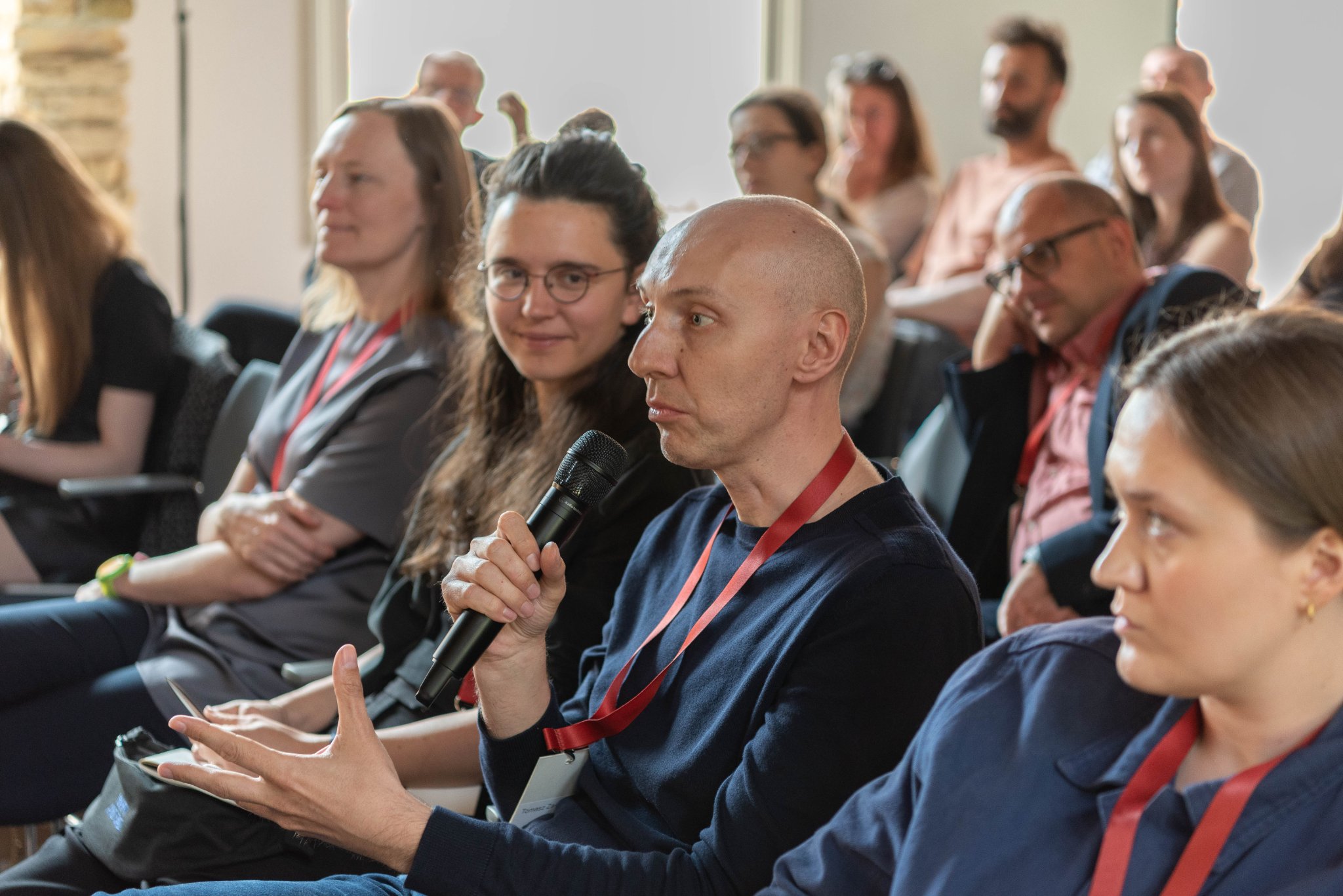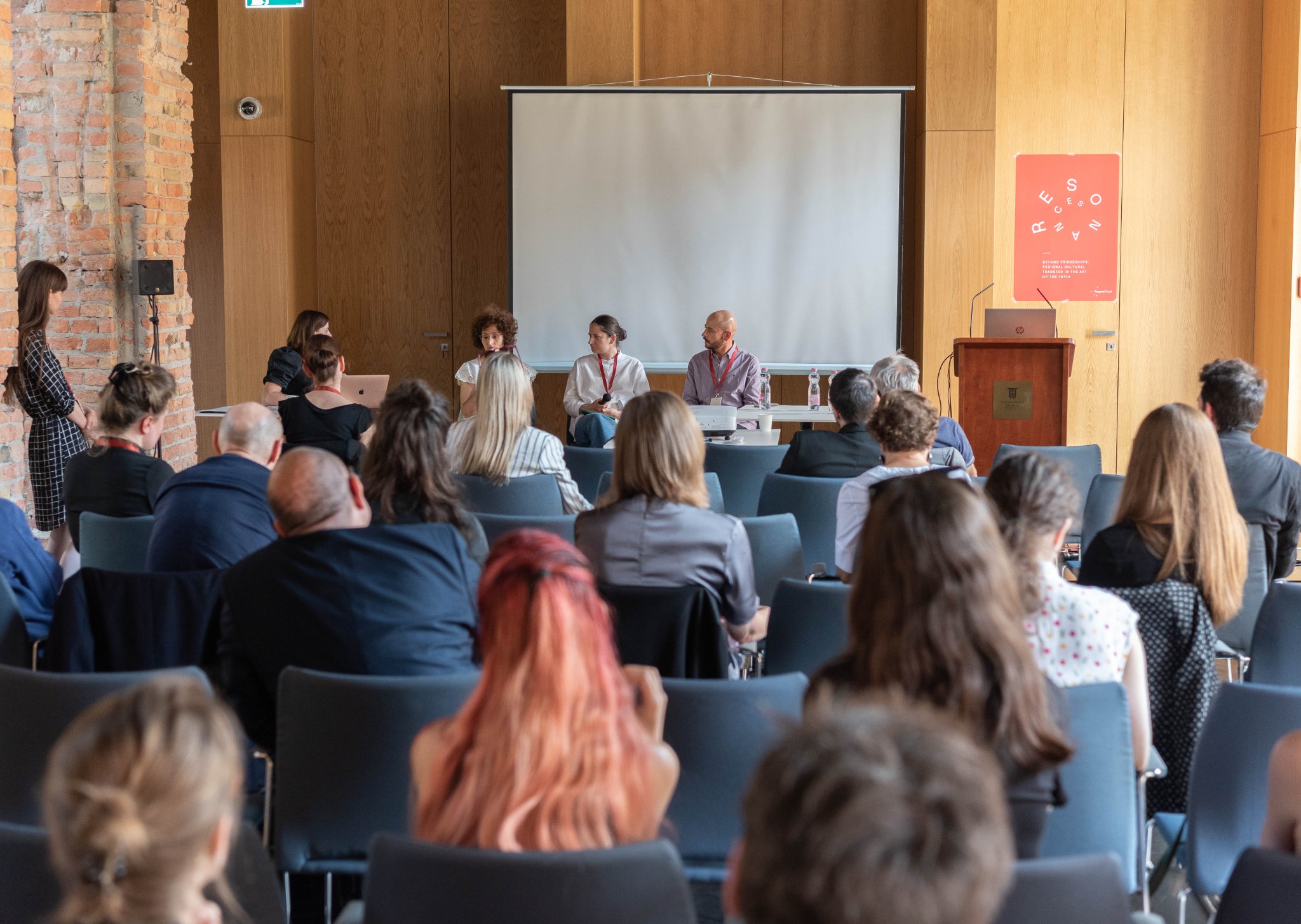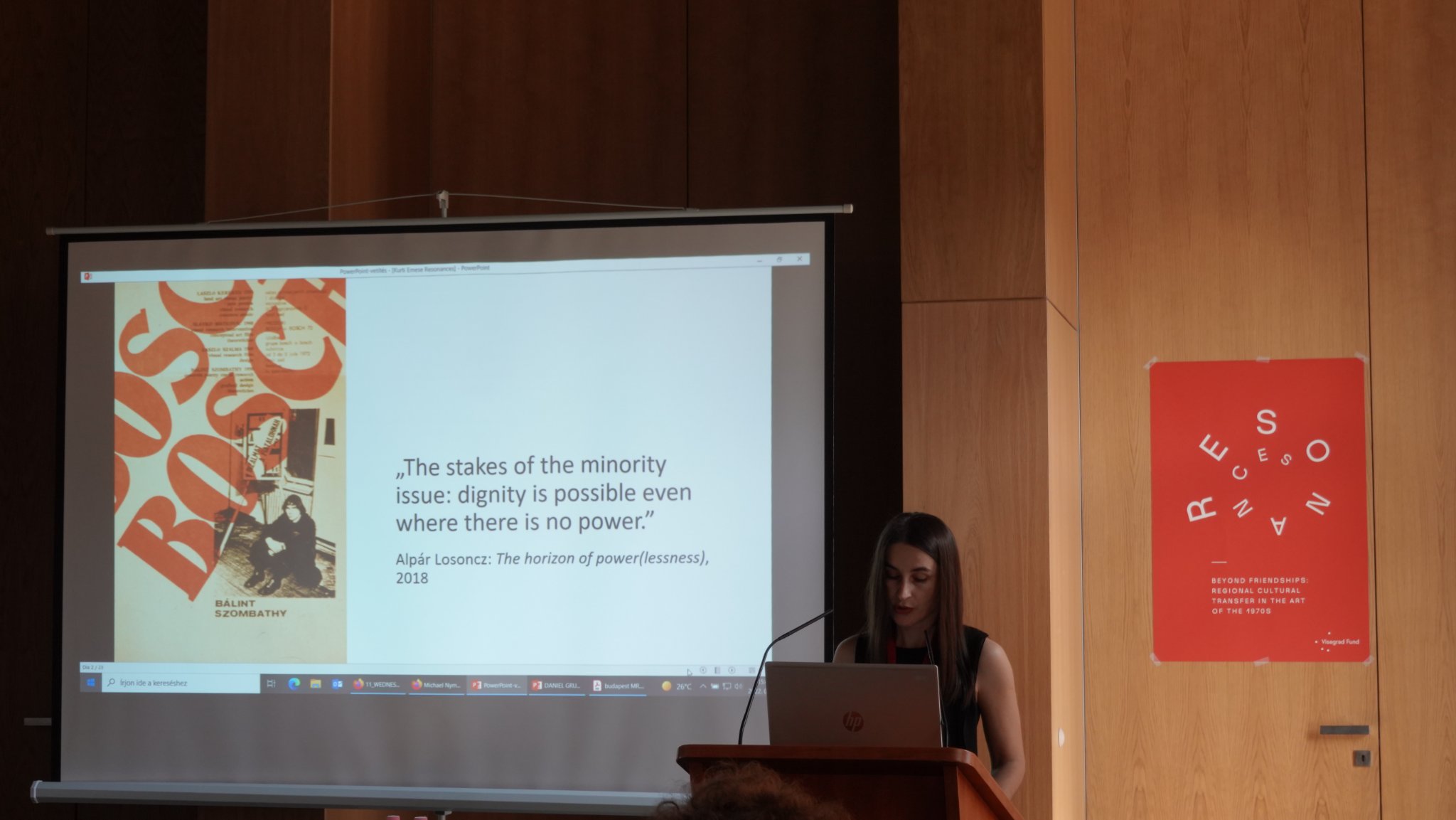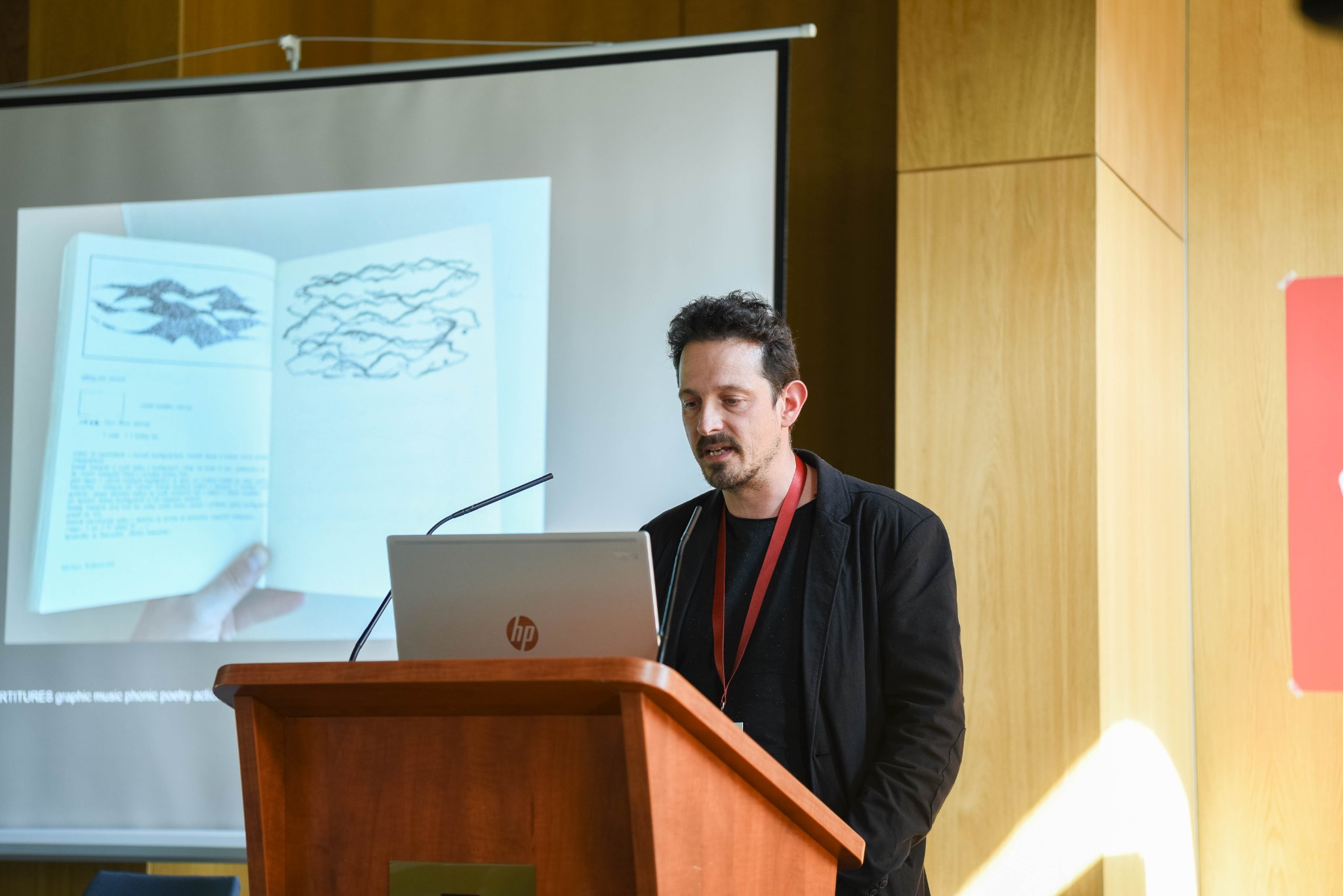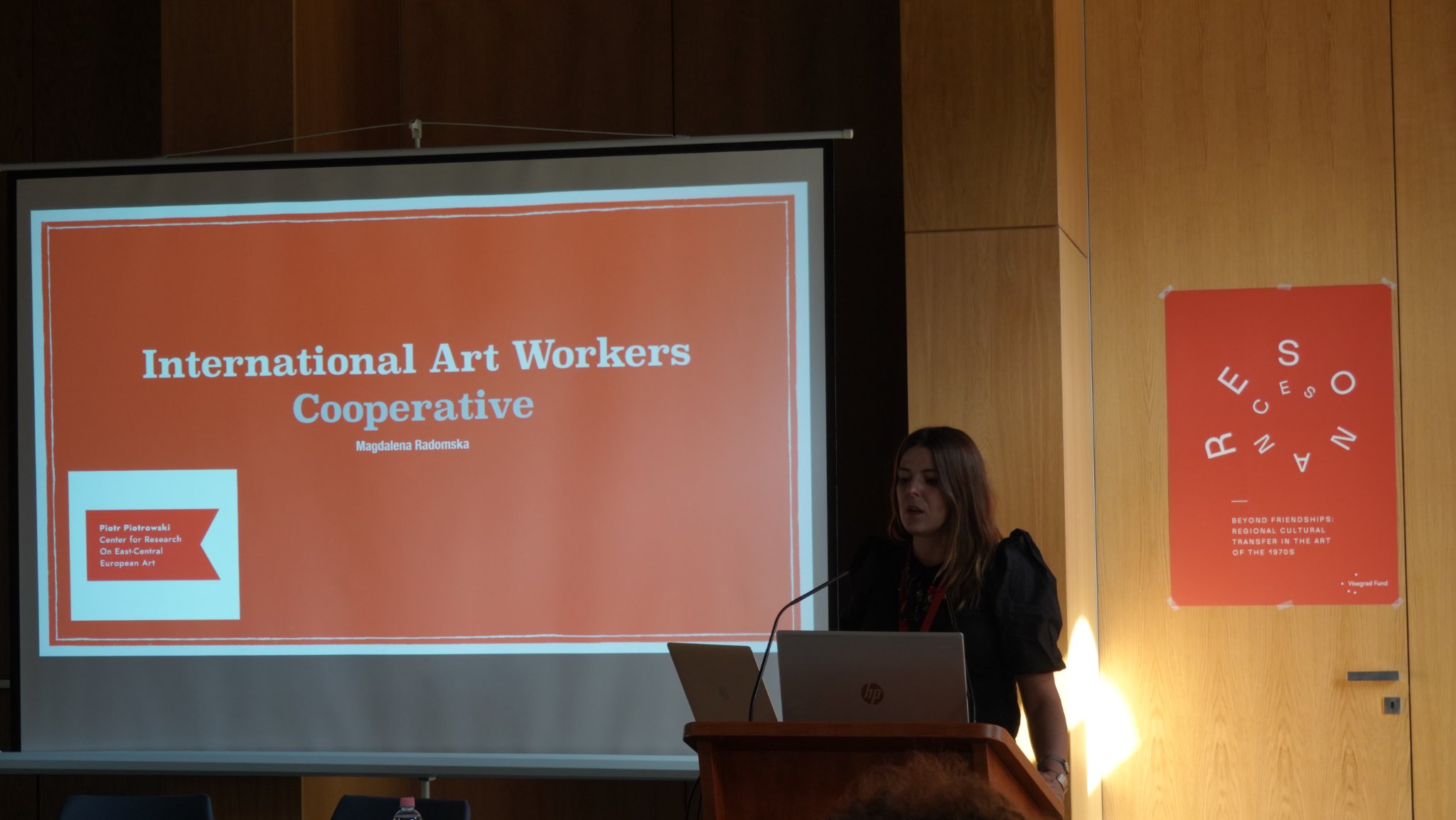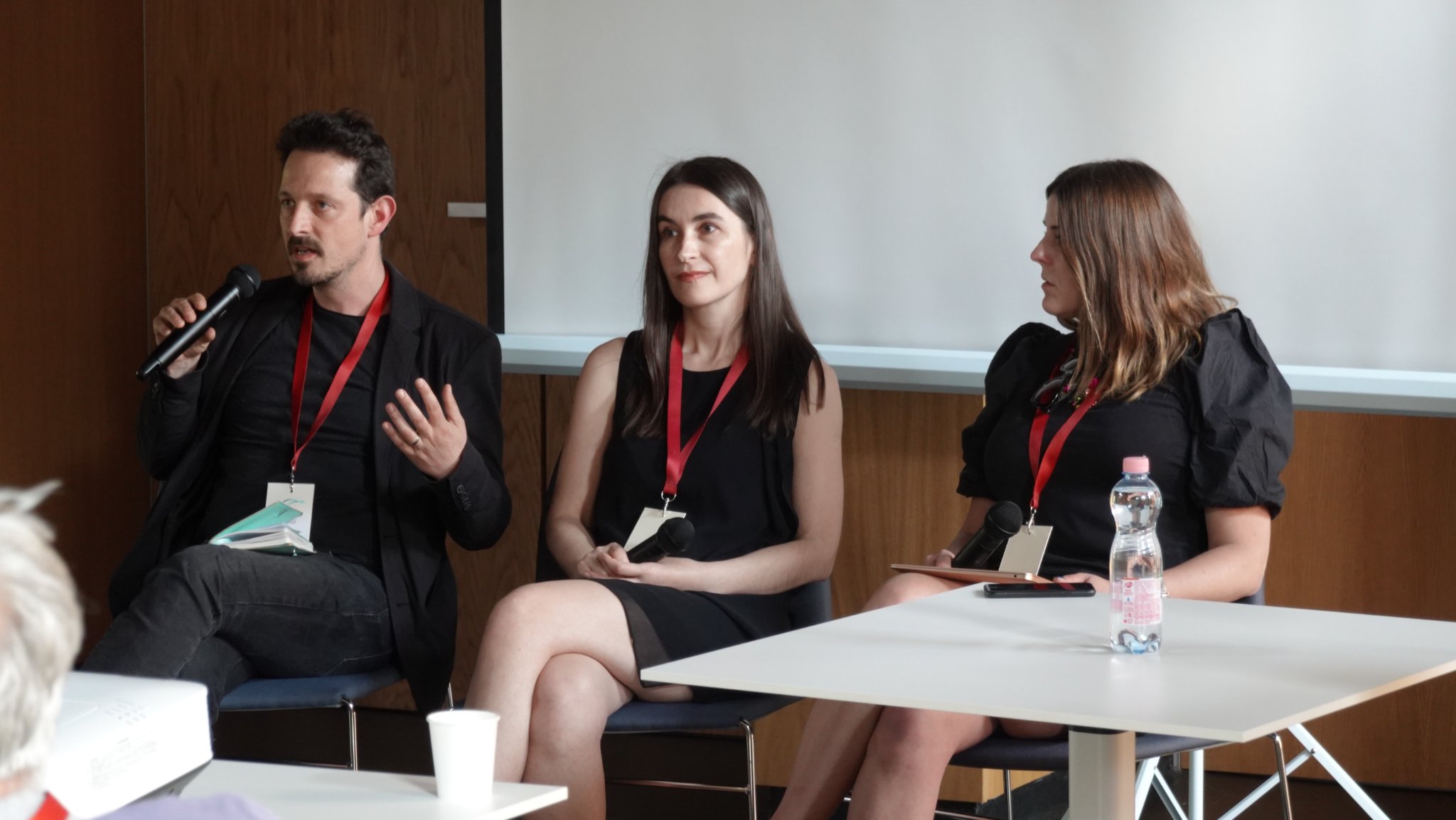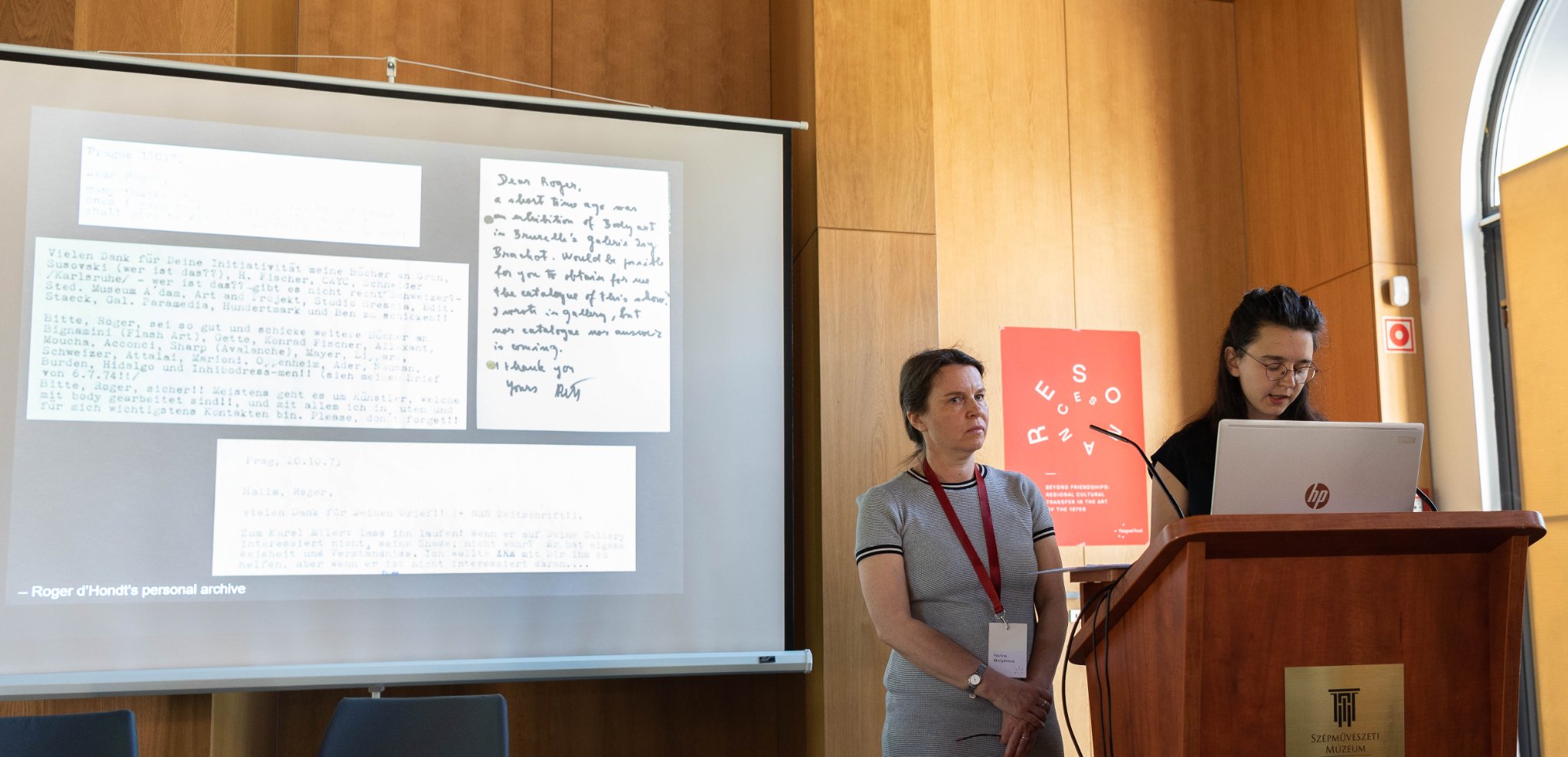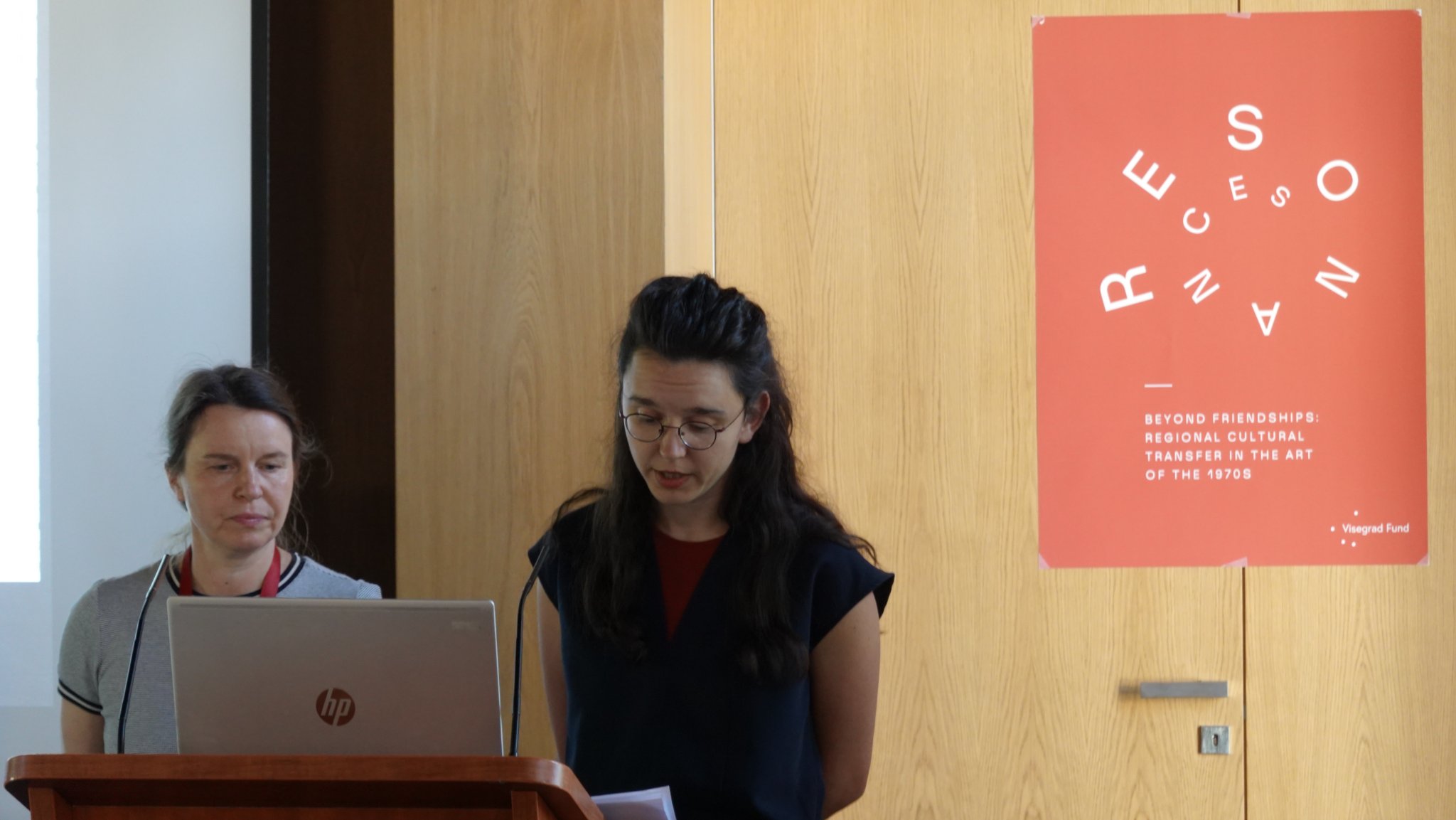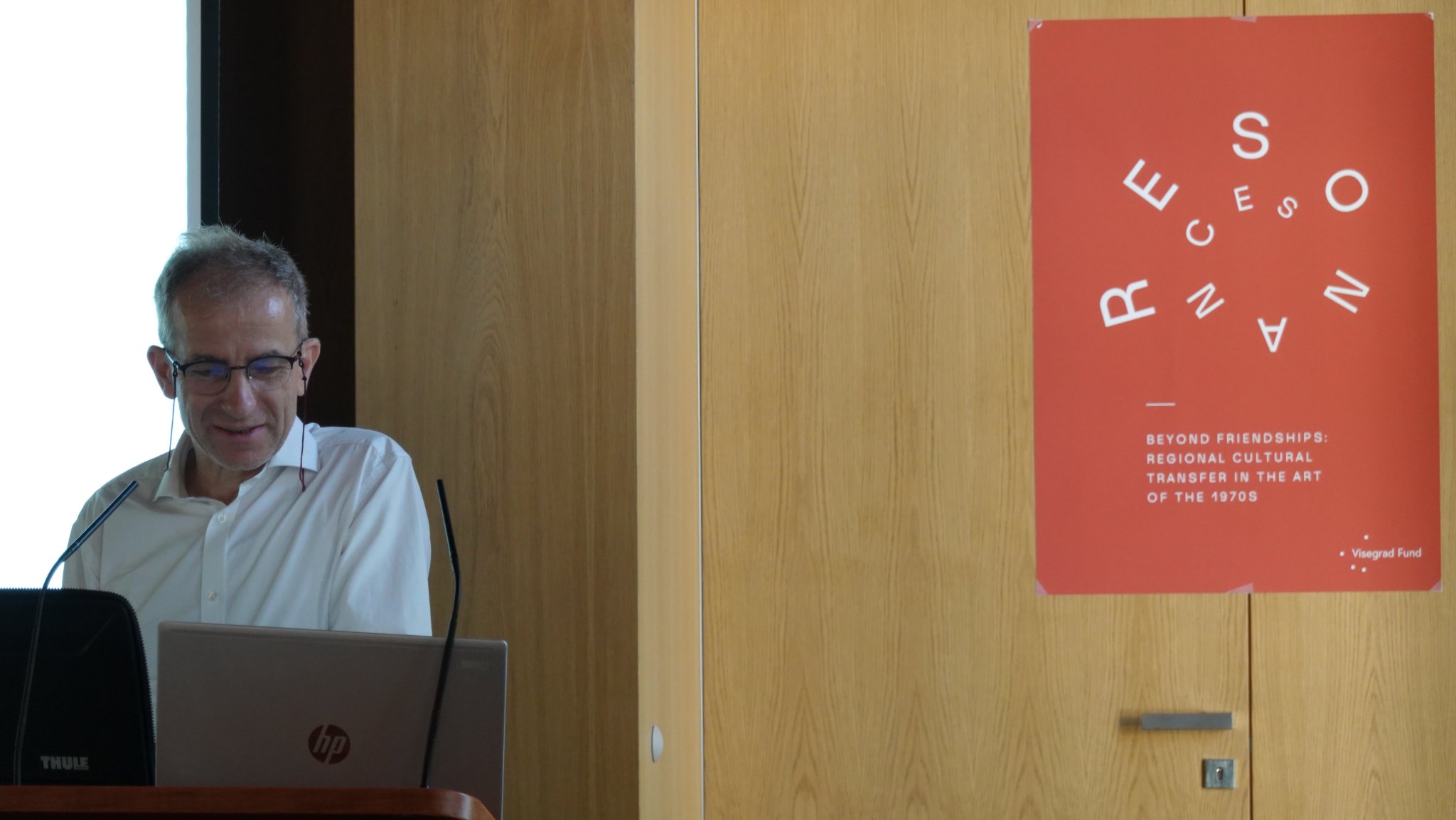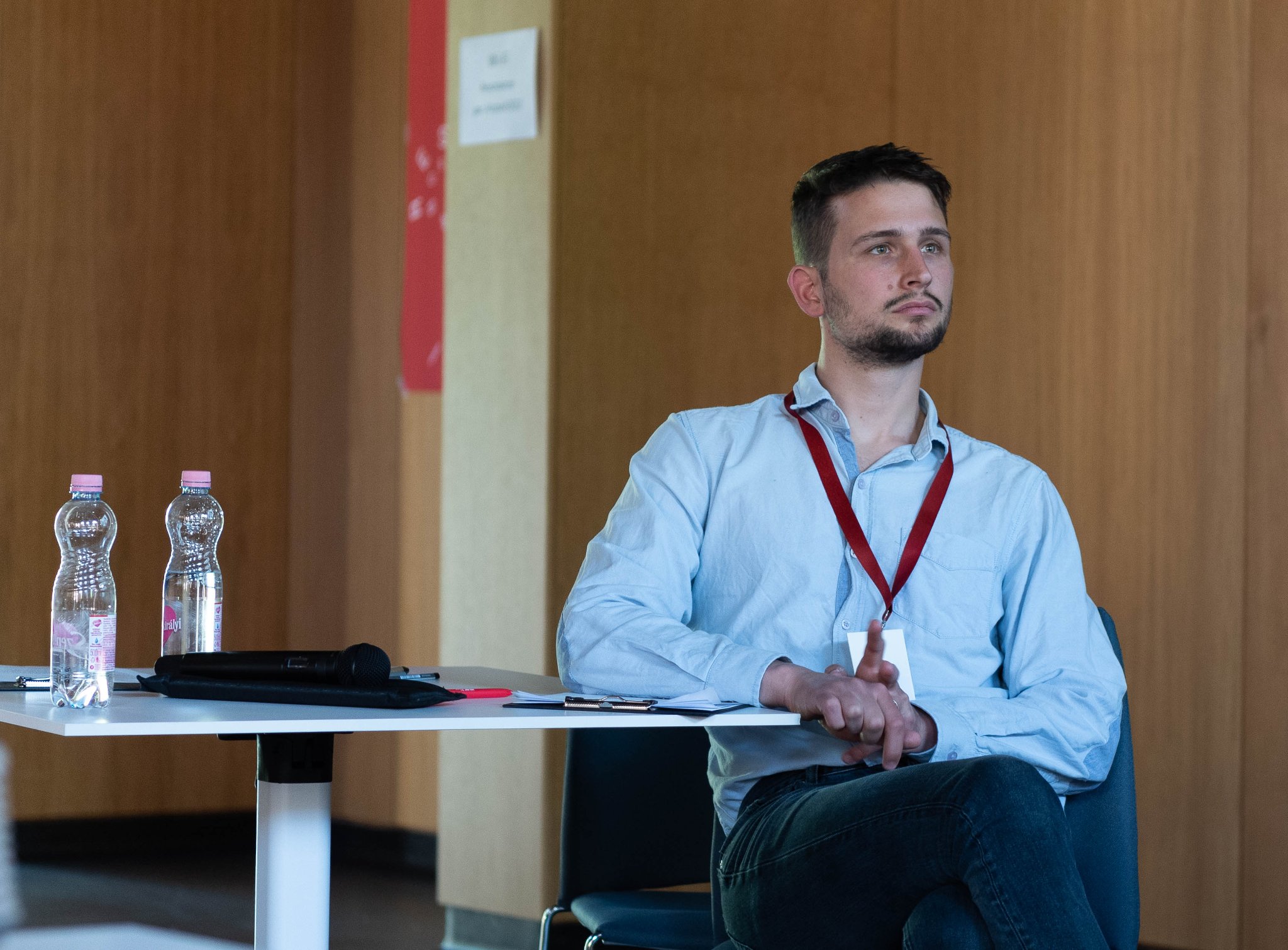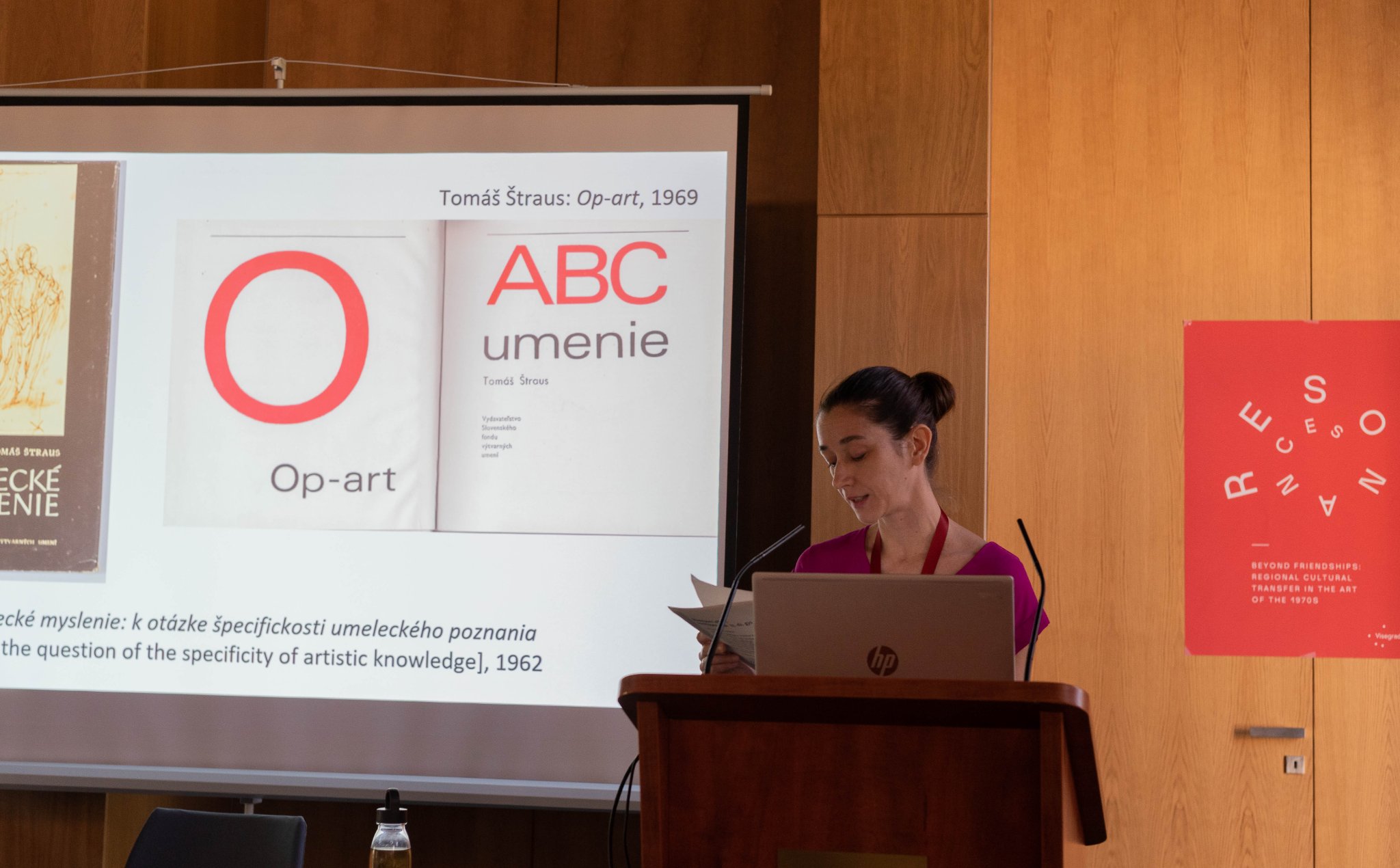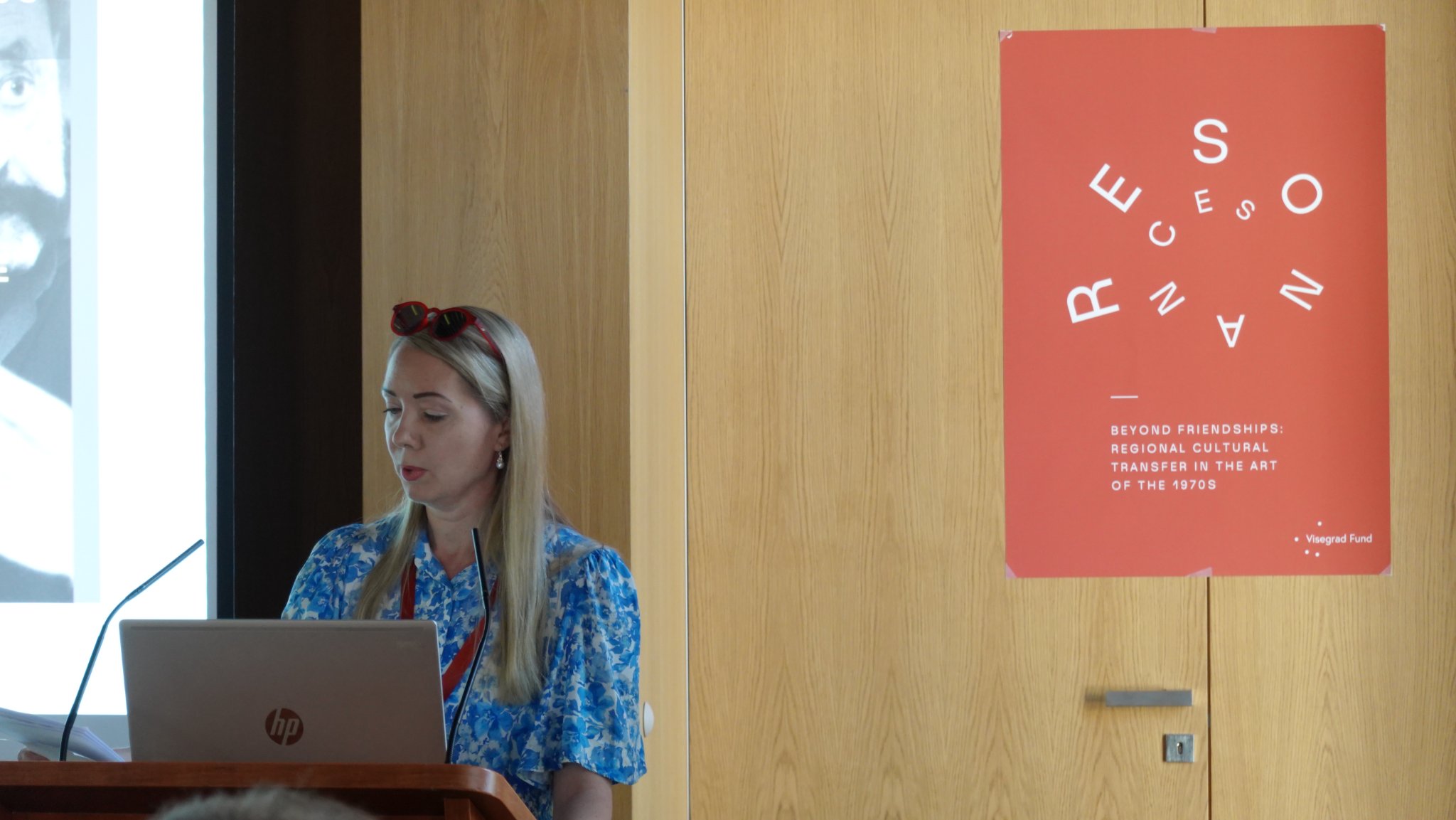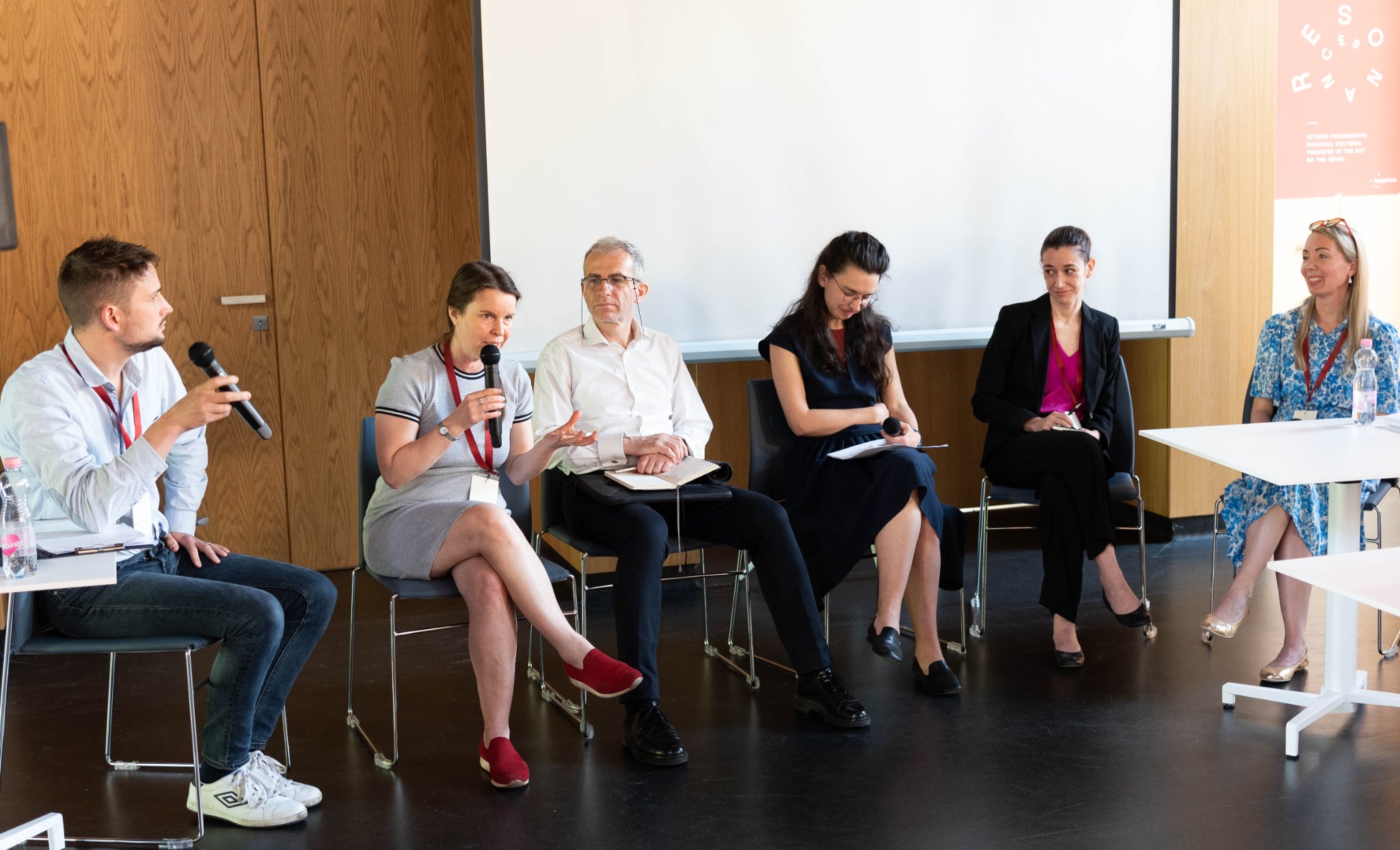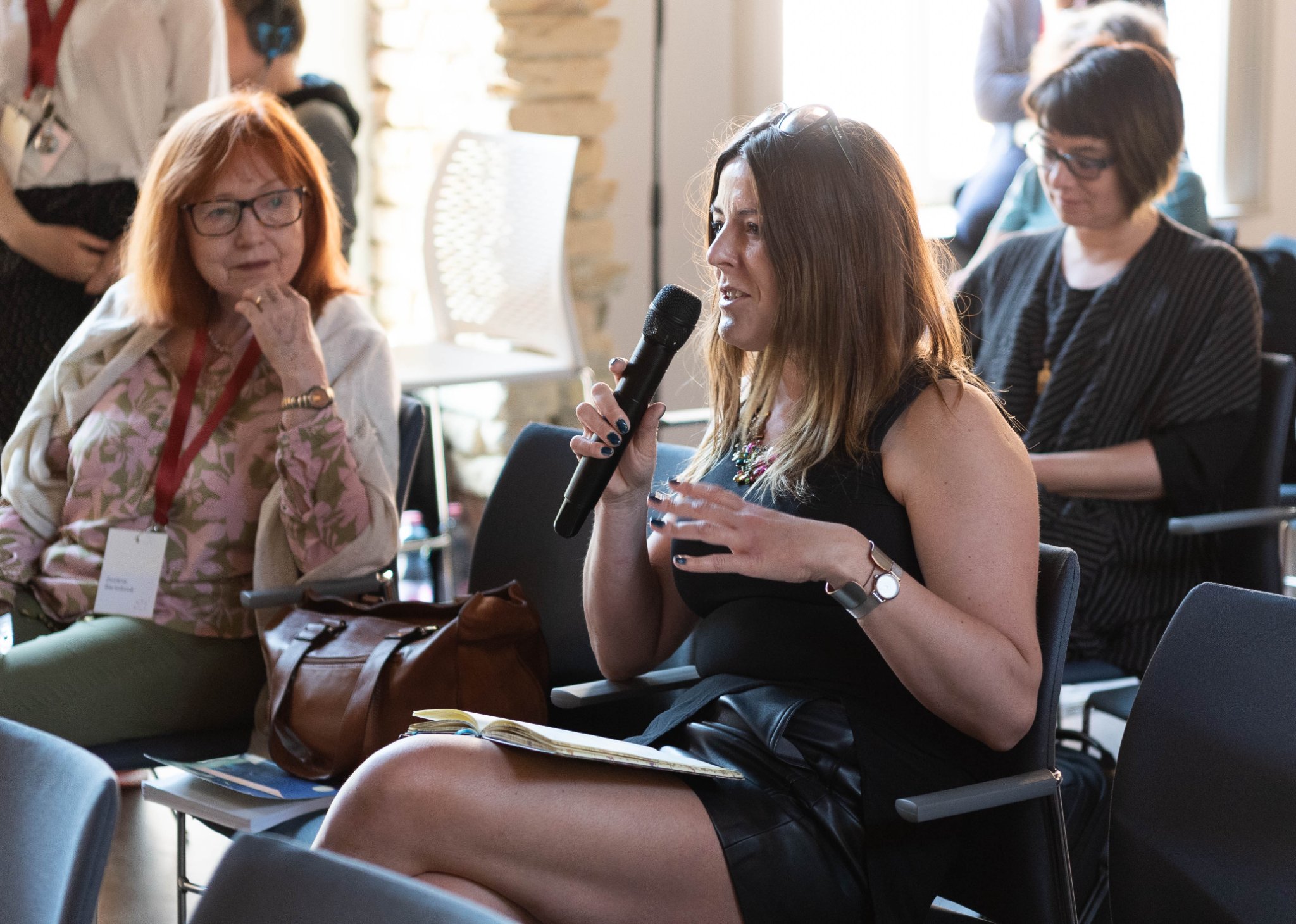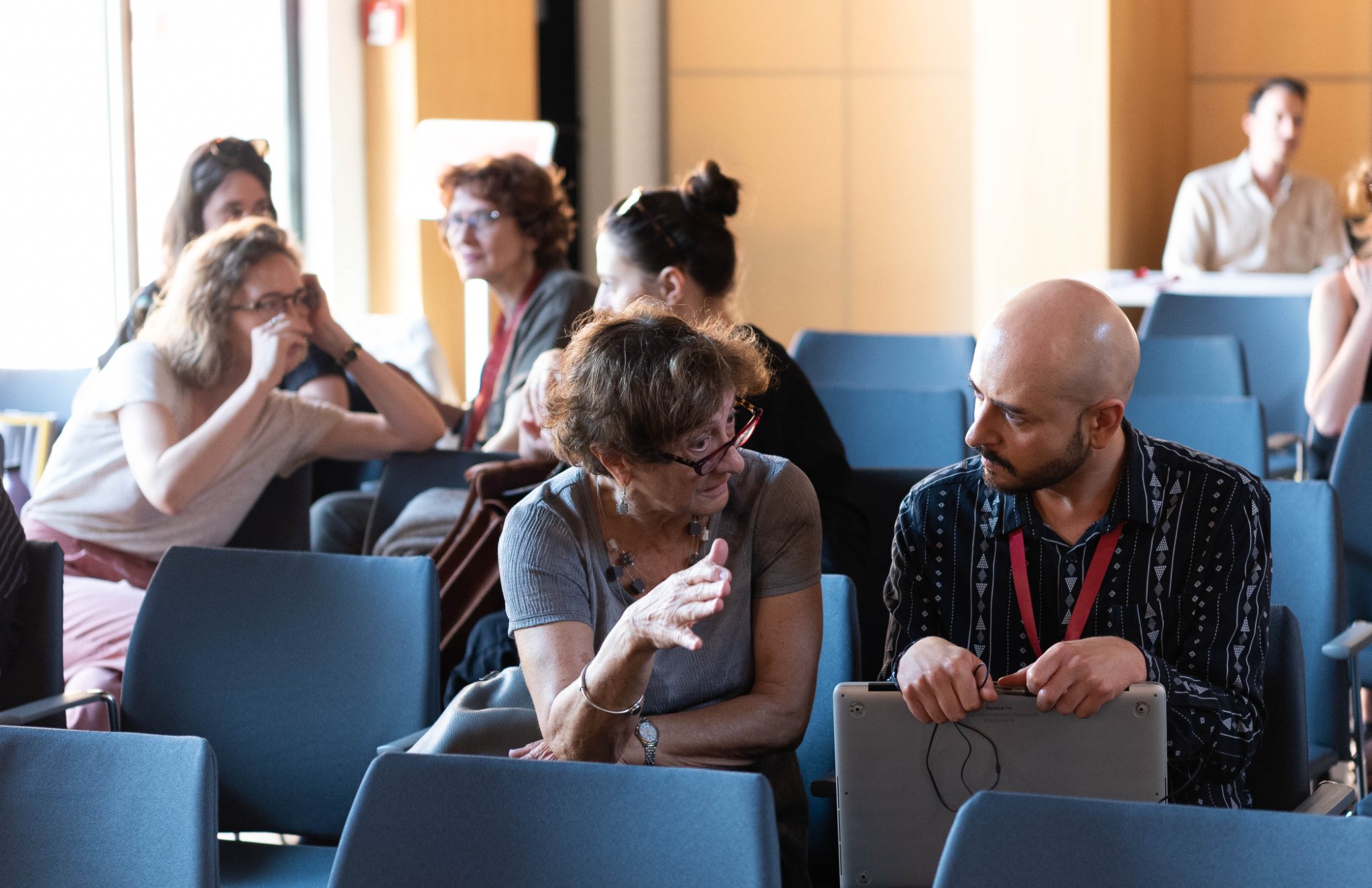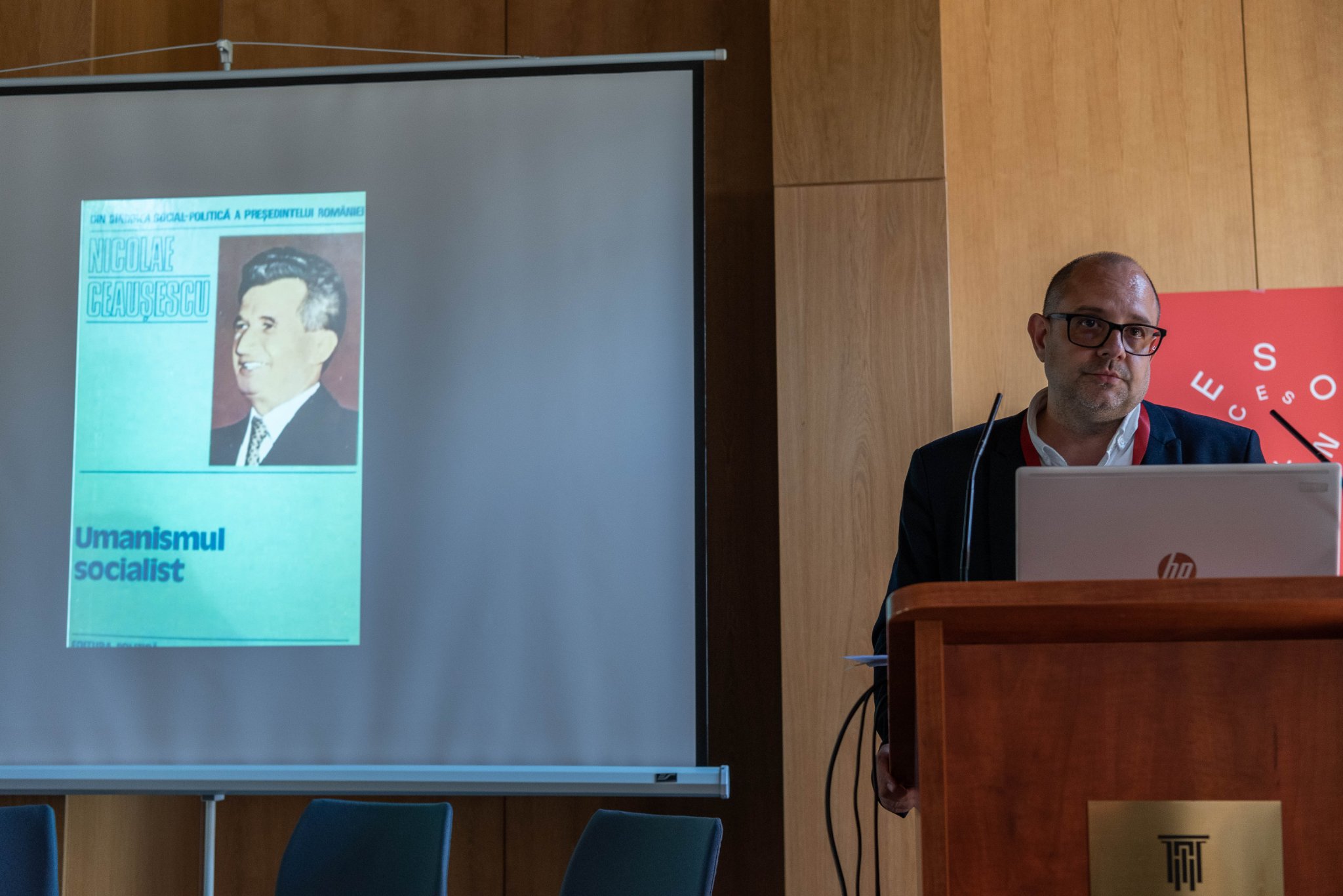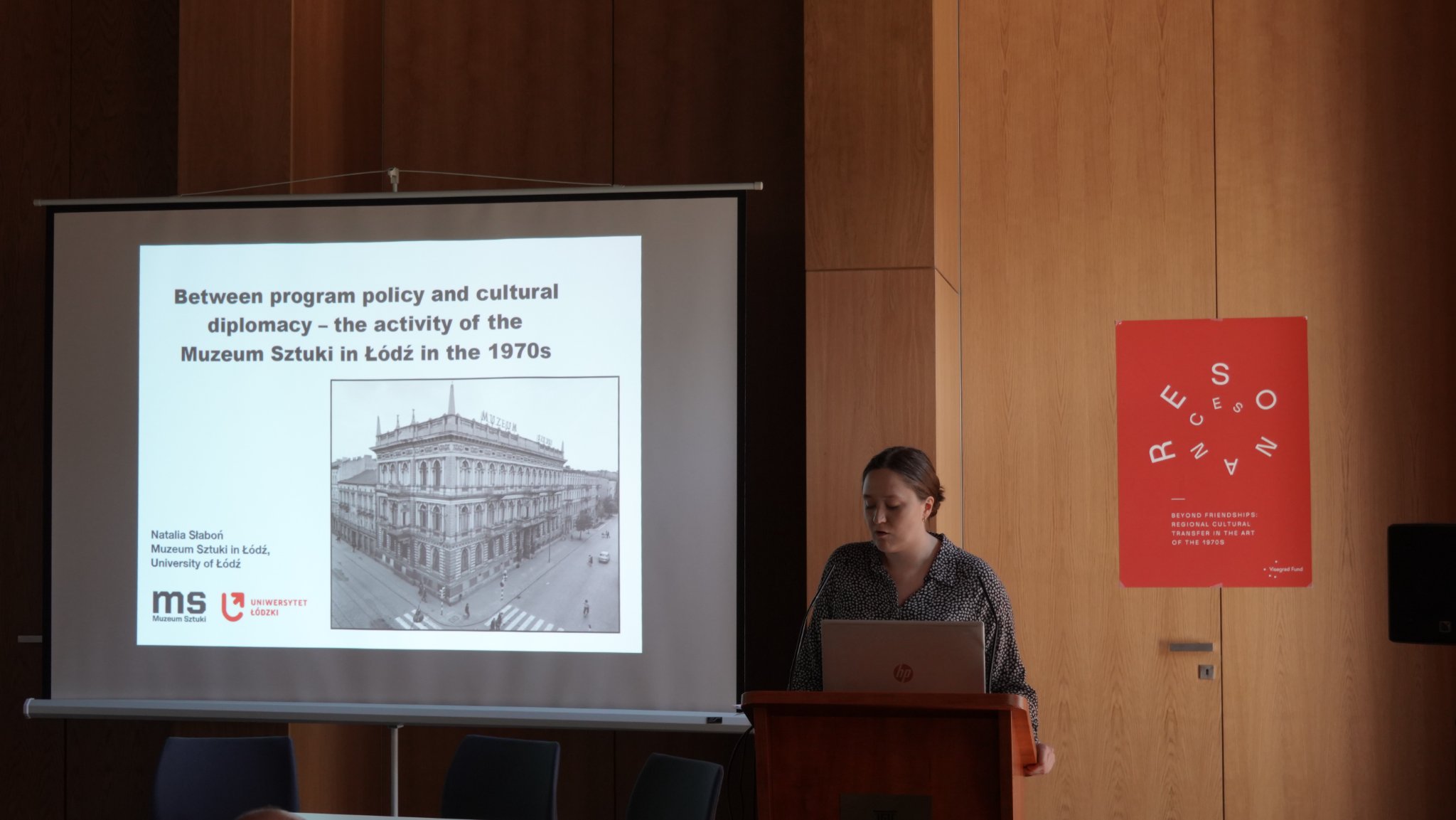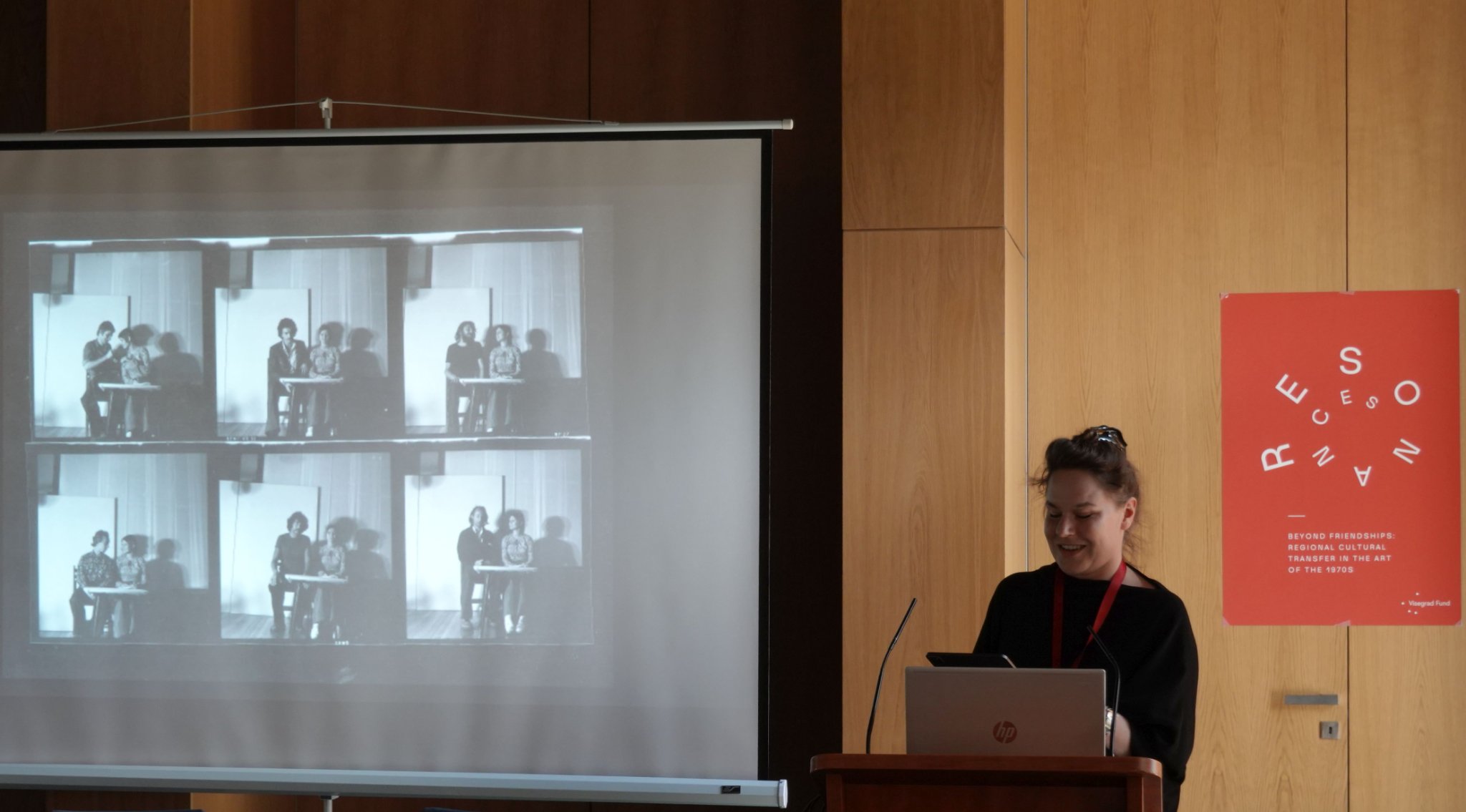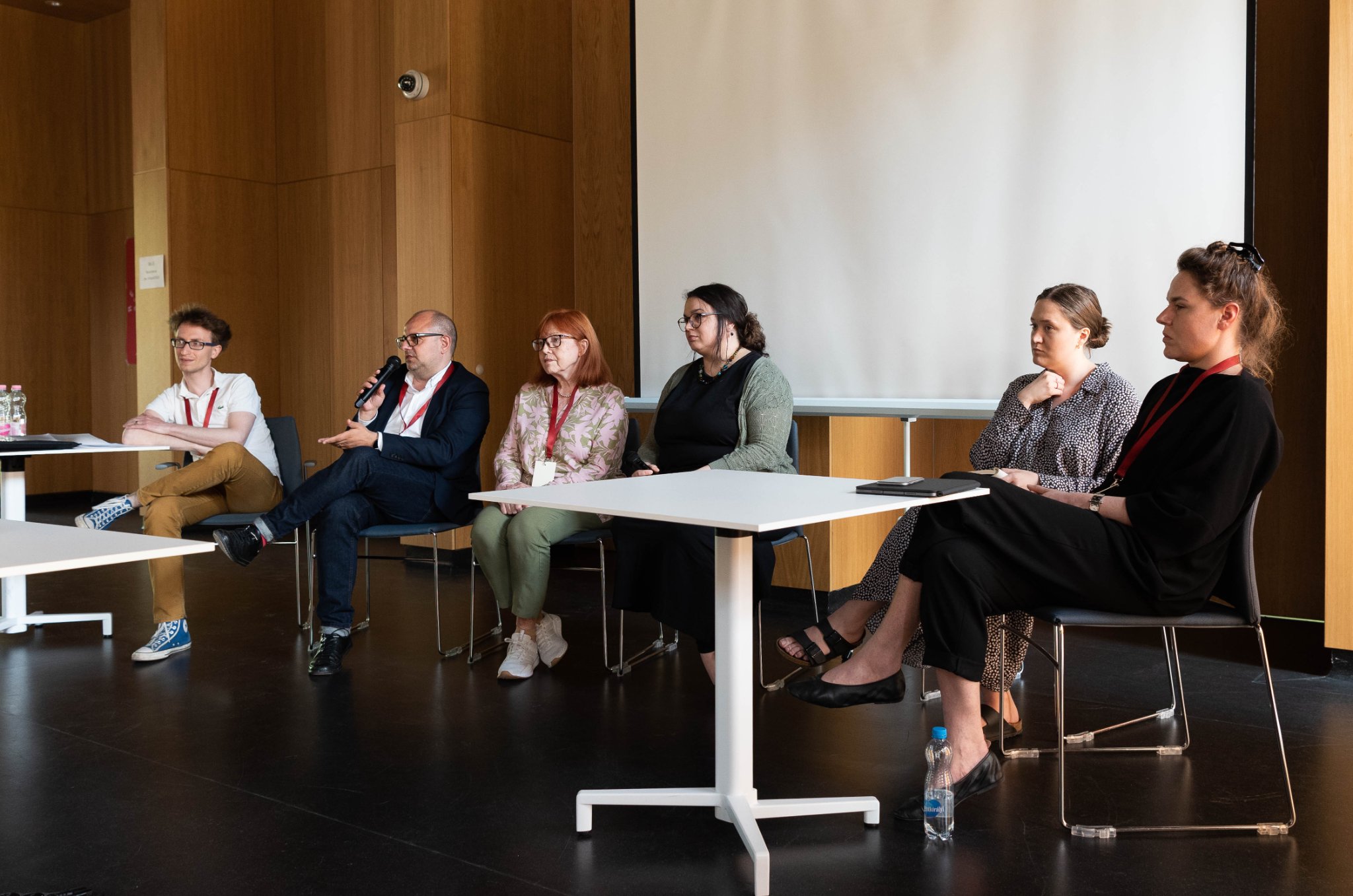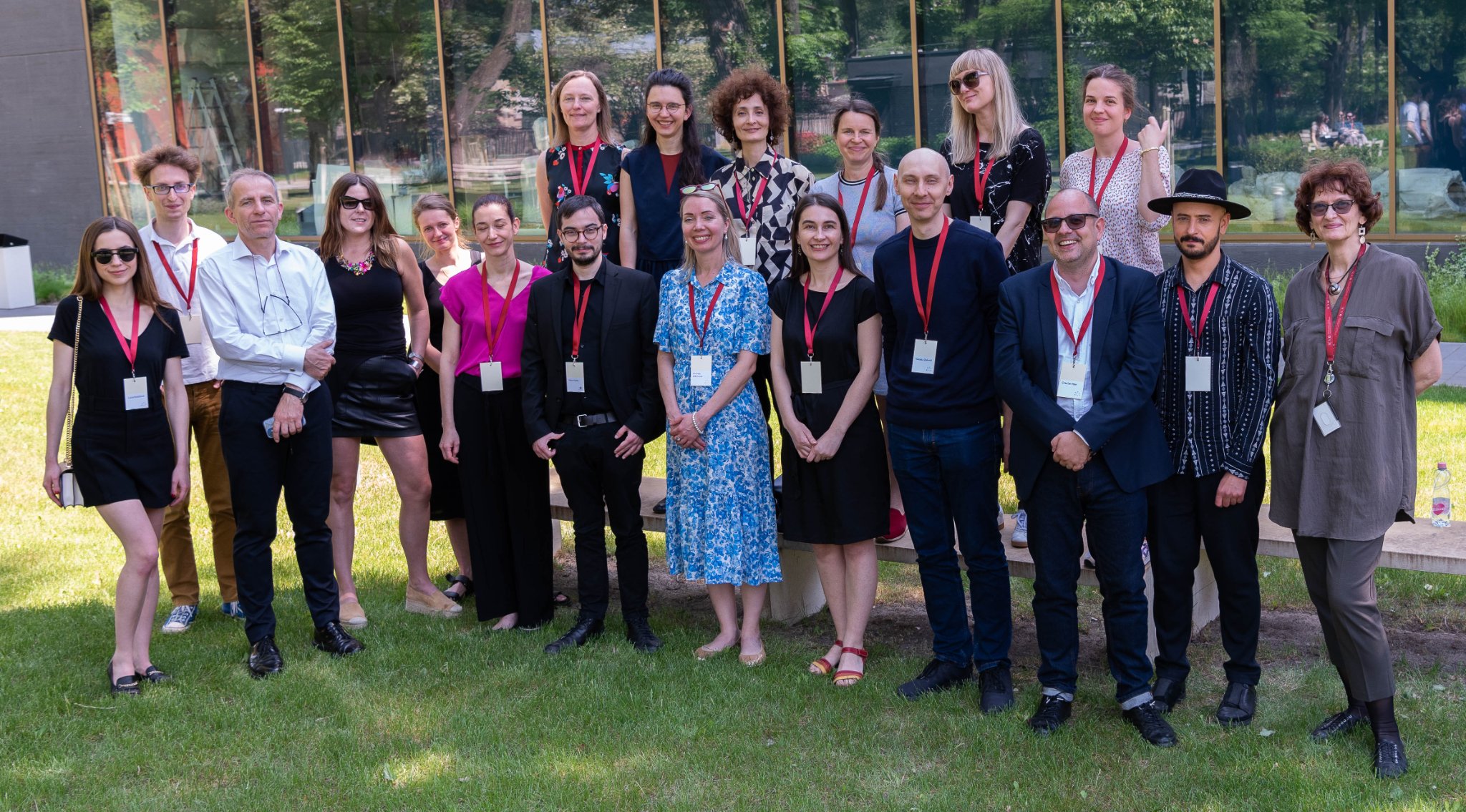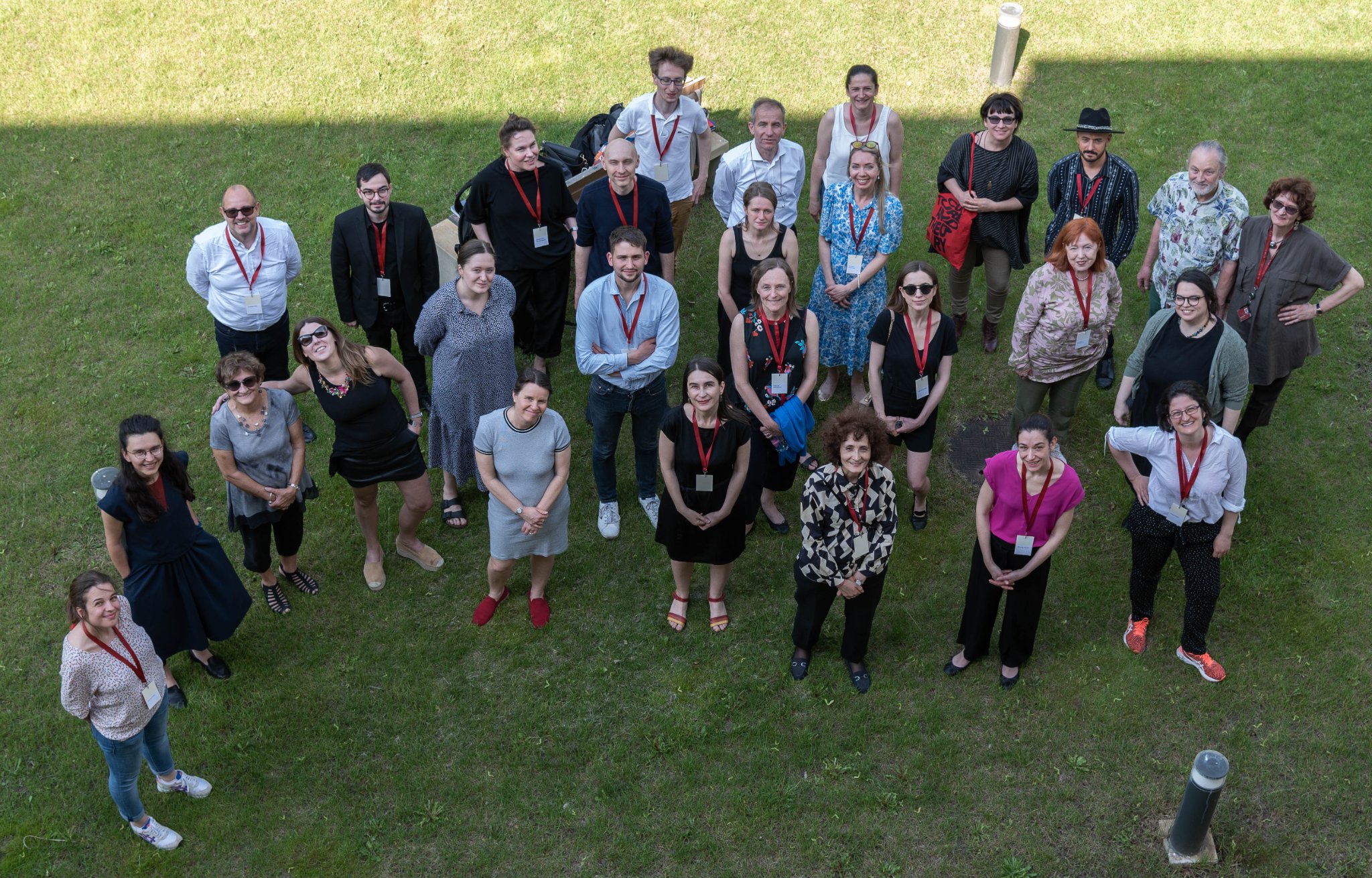The conference is dedicated to the memory and work of László Beke.
The conference Beyond Friendships: Regional Cultural Transfer in The Art of the 1970s organized by the Central European Research Institute for Art History (KEMKI) - Artpool Art Research Center, Budapest, investigates the concept of cultural transfer and its relevance for the transnational art histories of Central-East Europe. KEMKI, which includes "Central Europe" in its name, includes archives of both underground and state-run institutions—which were part of different but overlapping international networks—considers it its responsibility to open a transnational discourse on current and yet to be developed approaches to regional art histories. As a reflection on this extraordinary constellation, the conference will approach cultural transfer as a process that transcends the familiar dichotomy of official/non-official. The conference will also reflect on Hungary’s special situation in the region, a status complicated by historical conflicts, transborder minorities, and linguistic isolation.
Cultural transfer and histoire croisée developed in the context of 19th-century transnational cultural history to describe cross-border contacts that trigger mutual changes in cultural concepts and practices. Although transfer originally describes larger-scale processes, the benefit of this application—together with the concept of cultural translation introduced by postcolonial studies—is that it goes beyond mere comparison that assumes a neutral and external point of view and offers the possibility of overcoming the hierarchical, one-way concept of influence. Following the lead of horizontal art history established by Piotr Piotrowski, our conference attempts to shift attention from West-East impacts to the question of the exchanges that took place within the region, between the art scenes of the so-called friendly, socialist countries (not limited to the Soviet satellite countries). Whereas these interactions were often mediated or facilitated through western agents and events, the conference endeavors to initiate reflections on the consequences of contacts, dialogues, and reciprocal effects between the art practitioners of the region.
The program is composed of five sessions that investigate different scales of transfers and translations. The first session, "Theories of Translation and Transfer" will examine how the concept of cultural transfer and translation may be applied to write art histories transcending the boundaries of national cultures, and what specificities, cultural differences or epistemologies can constitute joint histories of the former "friendly" states of Eastern Europe. In the second session, "Interpersonal Friendships and Dialogues," speakers will present actual cross-border friendships as micro-sites for cultural transfer and translation. The last session of the first day, "Hubs of Transfer," will discuss unique, multi-ethnic, interdisciplinary and collaborative milieus, in-between zones that facilitated transfers between different languages, ideological discourses, and localities. On the second day of the conference, session 4, titled "Agents, Vectors, Mediators," will focus on transnational protagonists who imported, exported, and translated various artistic concepts between different languages and localities, and as such, also negotiated transnational interpretations of East European art. Finally, in the session "Institutions of Friendship," speakers will highlight the role art galleries, institutions, and international exhibitions played in connecting and confronting various local idioms of art.
The conference is the second chapter of the four-part series organized in the framework of Resonances: Regional and Transregional Cultural Transfer in the Art of the 1970s, which is a long-term research project that is realized in cooperation with Andrea Euringer Bátorová (Department of Art History, Comenius University, Bratislava), Lujza Kotočová, Pavlína Morganová, Dagmar Svatosova (Academic Research Centre of the Academy of Fine Arts (VVP AVU), Prague), Hana Buddeus (Academy of Sciences of the Czech Republic, Institute of Art History), and Magdalena Radomska (Piotr Piotrowski Center for Research on East-Central Europe at the Adam Mickiewicz University, Poznań).
The project is co-financed by the Governments of Czechia, Hungary, Poland and Slovakia through Visegrad Grants from the International Visegrad Fund. The mission of the fund is to advance ideas for sustainable regional cooperation in Central Europe.
Image: Anna Kutera, Prezentacja (Introduction) detail, "F-Art", Festival of Baltic Art Schools, Gdańsk, 1975. Courtesy of the artist.
>>>>>If you would like to participate please >>>REGISTER HERE<<<<<<<<
>>>>>Location: OMRRK C building 1135 Budapest, Szabolcs street 33.<<<<<
